
Law school greets legal writing, congressional oversight experts
Emory Law is excited to welcome new faculty members for the 2025-2026 academic year.

Emory Law is excited to welcome new faculty members for the 2025-2026 academic year.
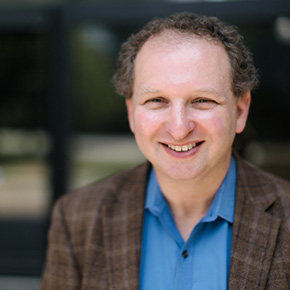
Two SCOTUS justices cited Volokh in a decision, and Justice Gorsuch referenced an amicus brief Volokh wrote.
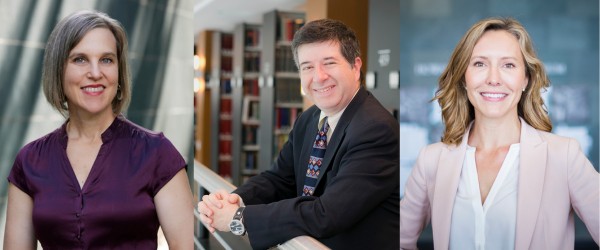
More than 250 scholars from five different continents gathered at Emory Law in November 2024 for the 18th Annual Conference on Empirical Legal Studies (CELS). Professors and Society for Empirical Legal Studies co-presidents Tonja Jacobi, Jonathan Nash, and Joanna Shepherd were instrumental in bringing the conference to Emory.
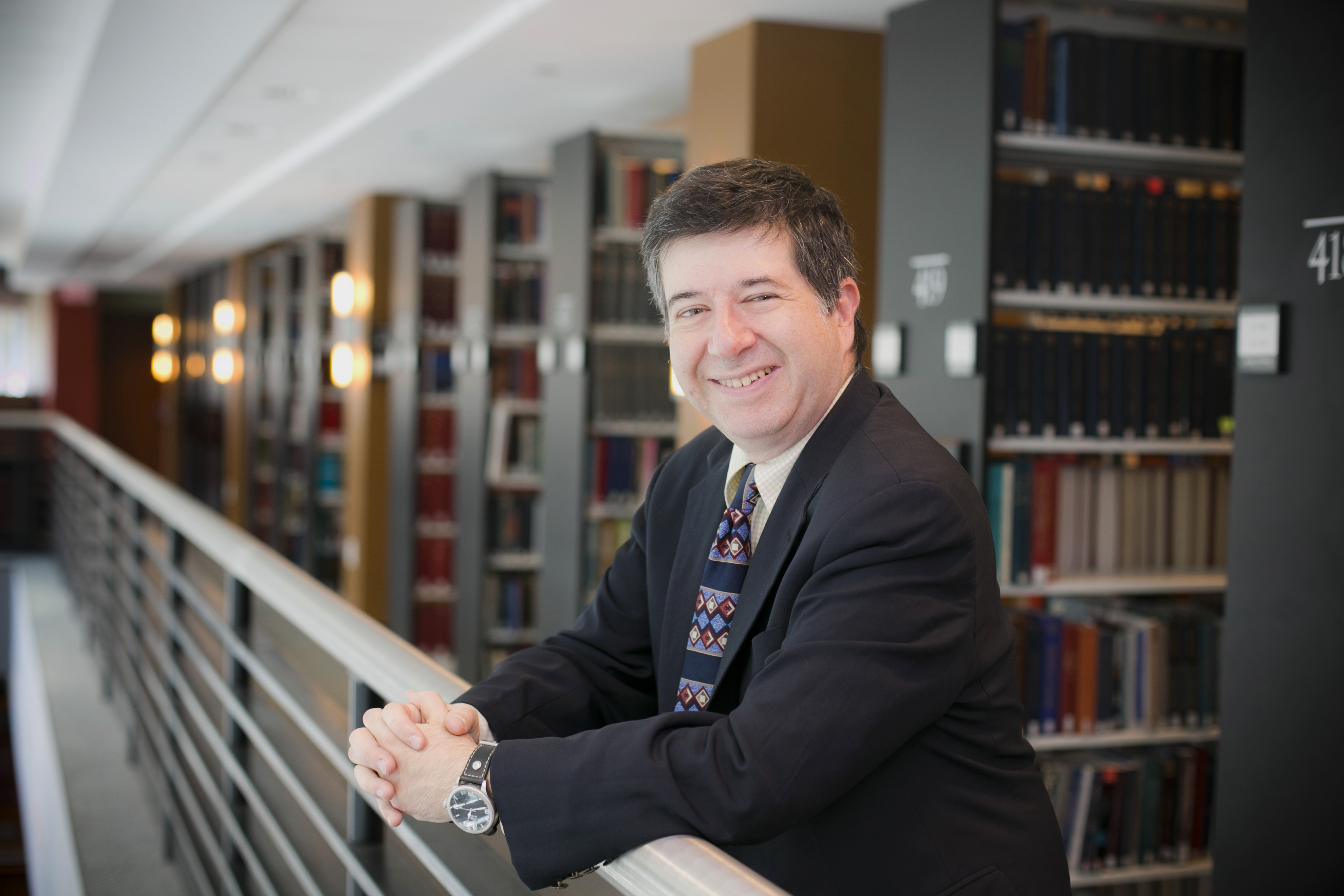
In response to the prosecution by Special Counsel Jack Smith on federal charges arising out of the 2020 election and the events of January 6, 2021, President Trump claimed that as president he was entitled to immunity from criminal prosecution. After losing in the district court and court of appeals, he appealed to the Supreme Court.
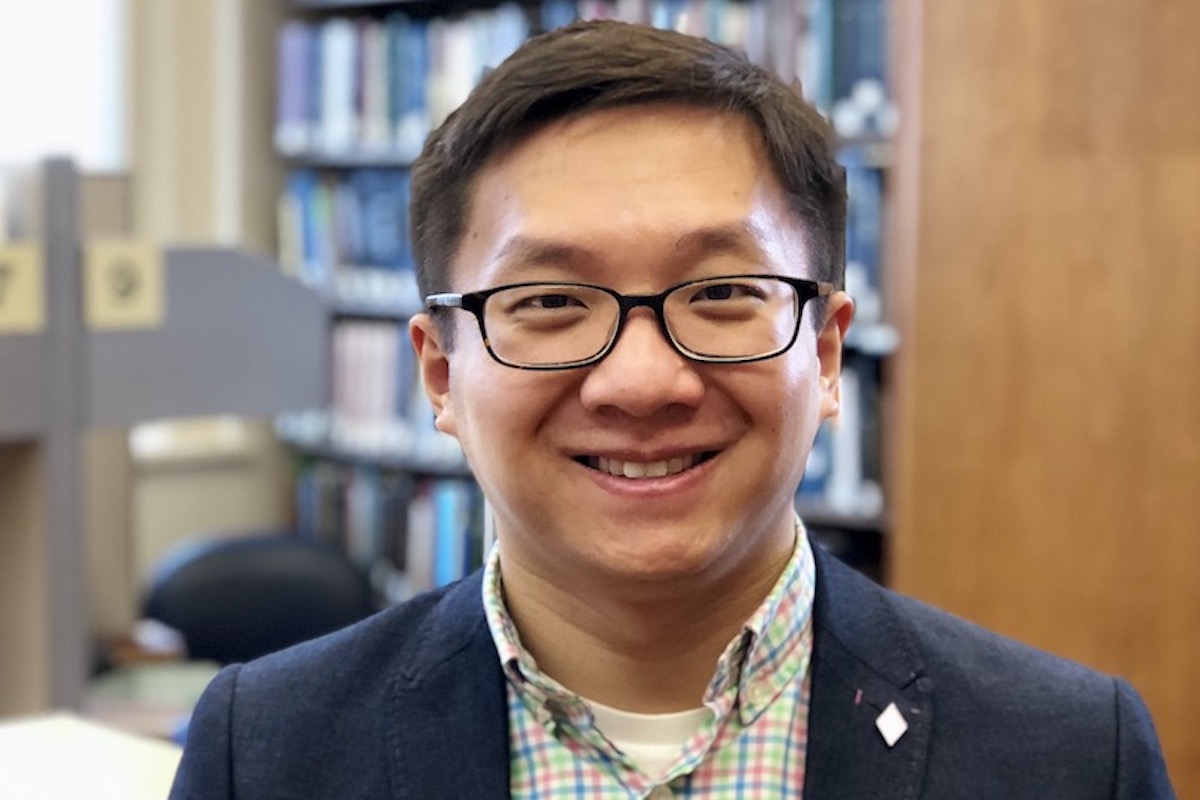
In June 2024, the United States Supreme Court decided Moore v. United States. The Petitioners in Moore challenged of the Mandatory Repatriation Tax (“MRT”), a provision of the international-tax regime of the 2017 Tax Cuts and Jobs Act (“TCJA”).
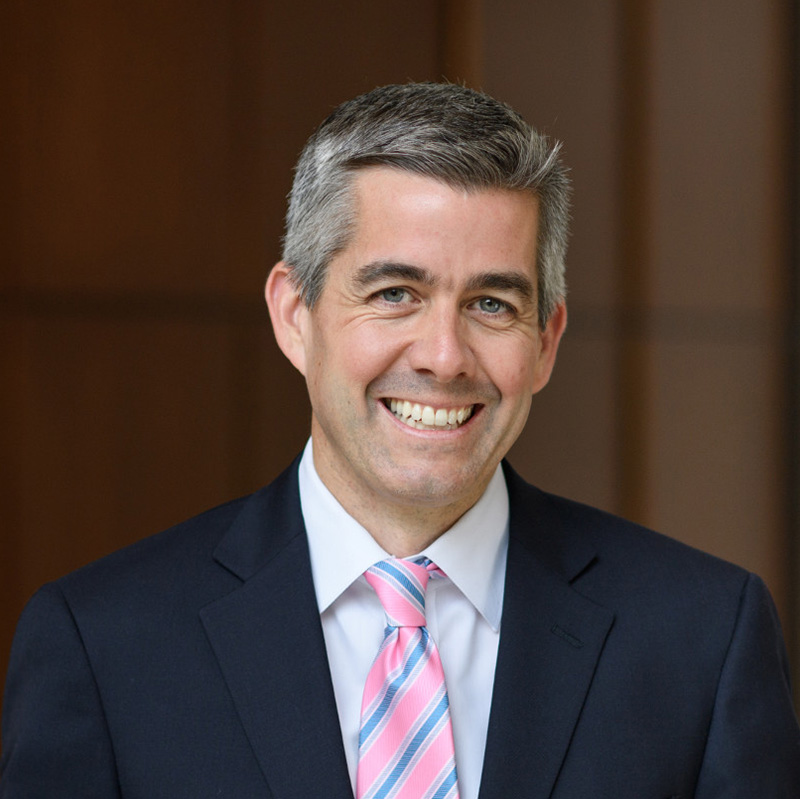
The court’s recent decision in Loper Bright Enterprises has enormous implications for environmental law and prospective climate action. While agencies and courts are digesting the ruling, there are four initial takeaways for environmental law.
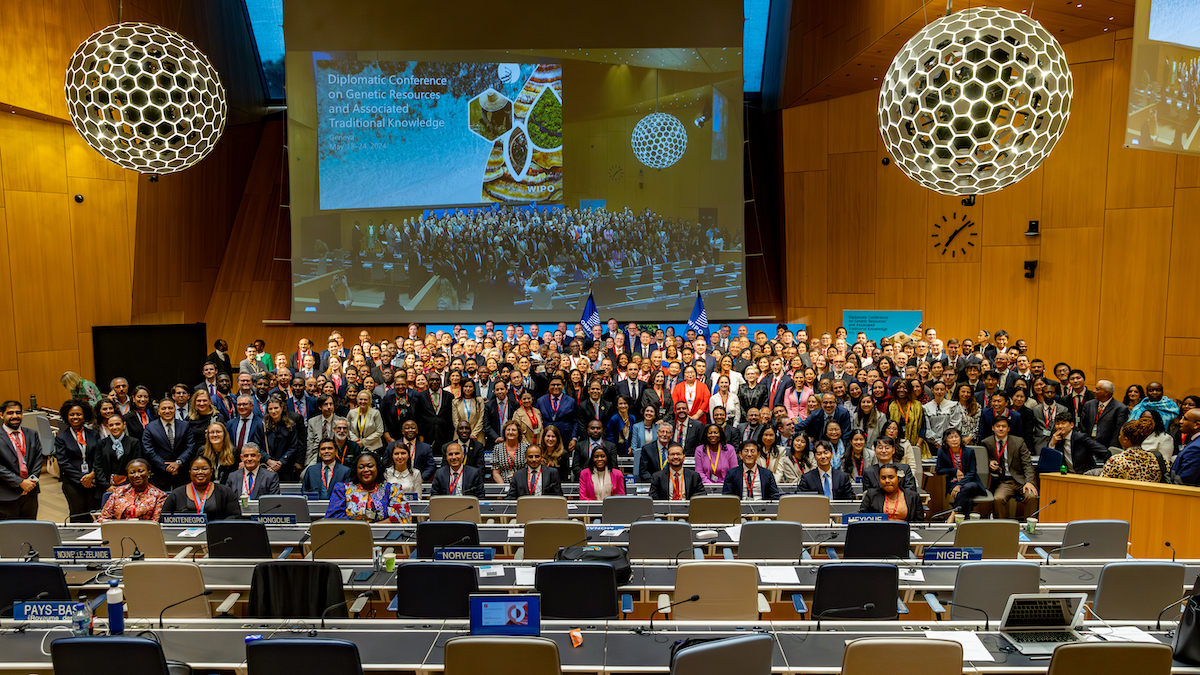
This spring, the United Nations World Intellectual Property Organization adopted its first new international treaty in over a decade—the first to connect intellectual property with the genetic resources and traditional knowledge of Indigenous peoples.
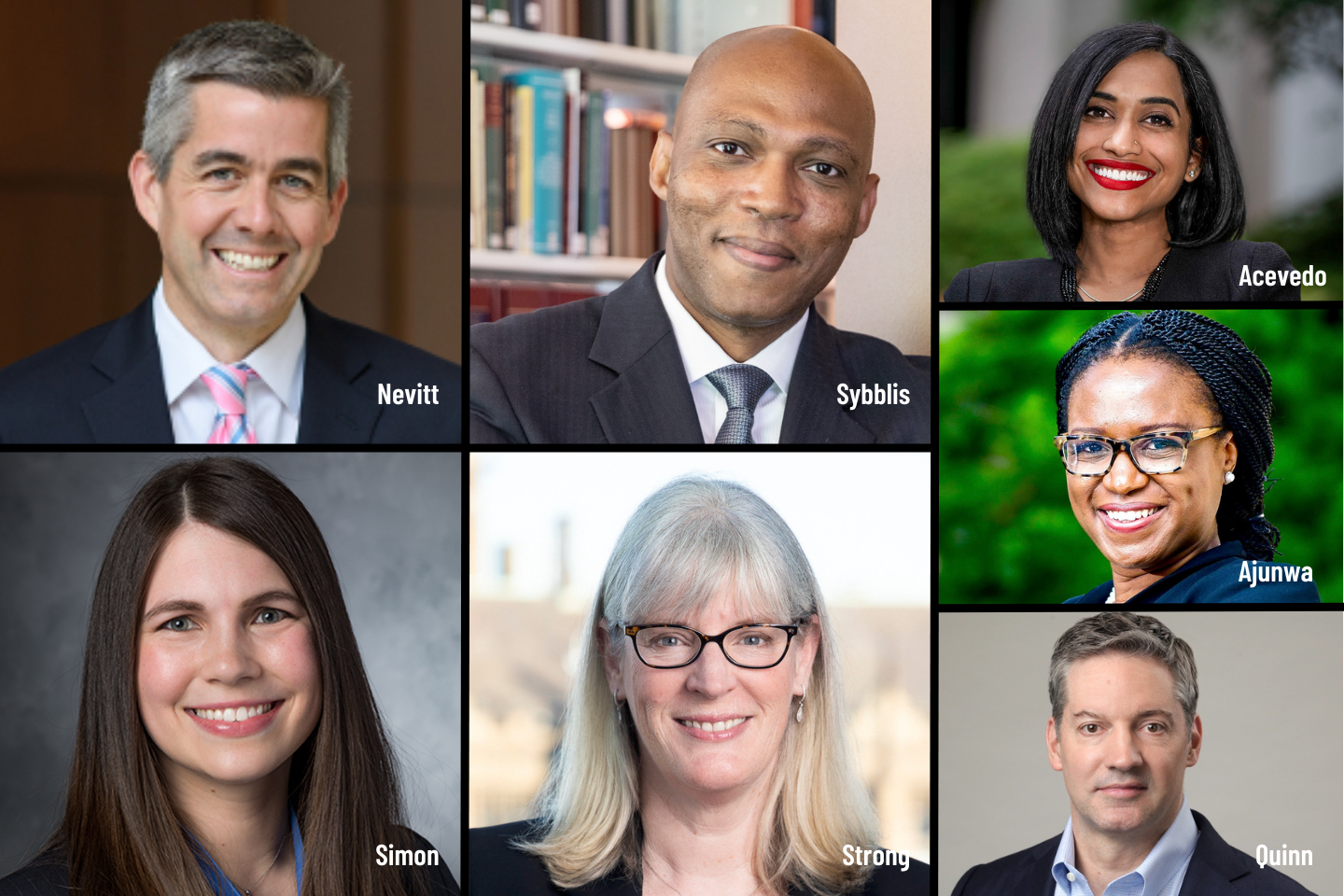
The Emory University Board of Trustees recently recognized several faculty members for their accomplishments as scholars, teachers, and contributors of service to Emory and the broader community.
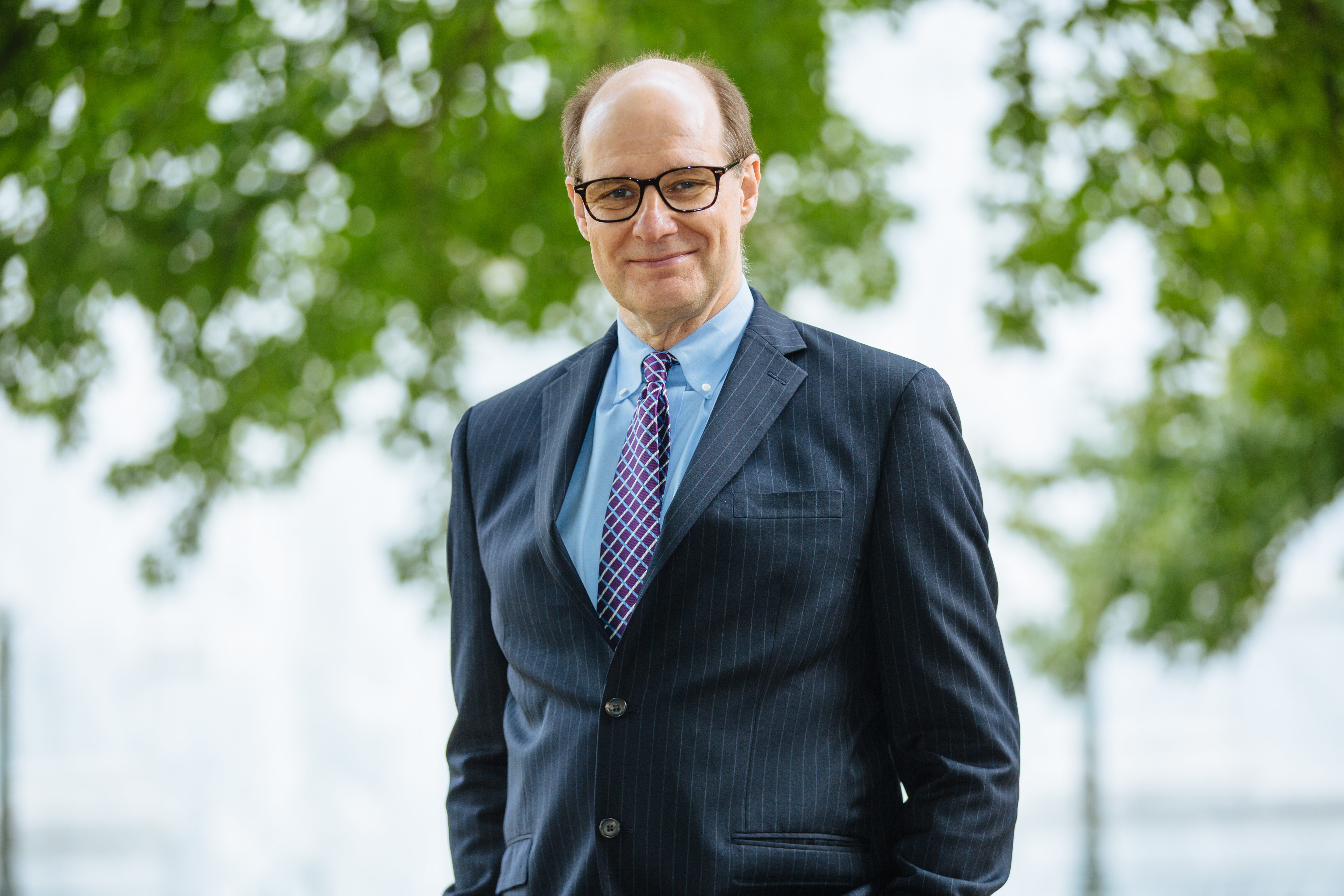
Brill Publishers has released a book of essays in honor of John Witte, Robert W. Woodruff Professor of Law, McDonald Distinguished Professor of Religion, and faculty director of the Center for the Study of Law and Religion at Emory University.
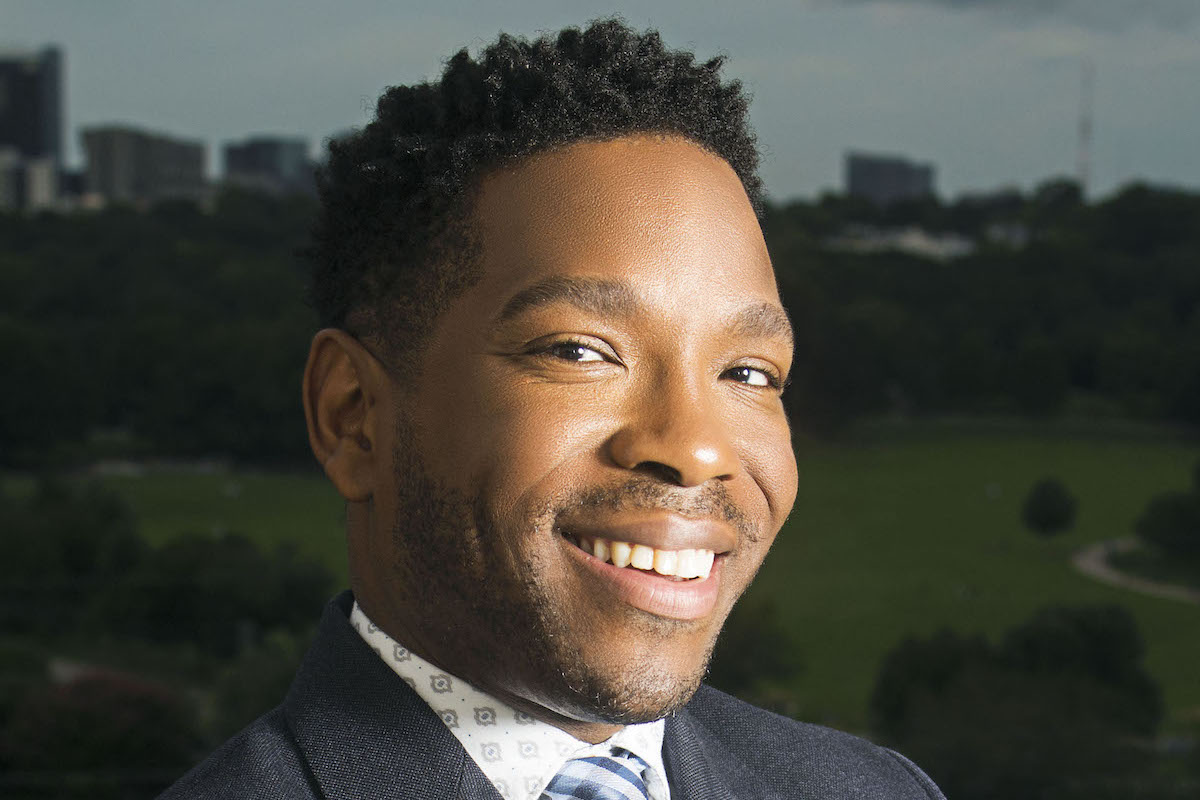
In three consolidated lawsuits, Alabama voters are currently challenging the state’s most recently enacted Congressional map, arguing that it violates Section 2 of the Voting Rights Act.
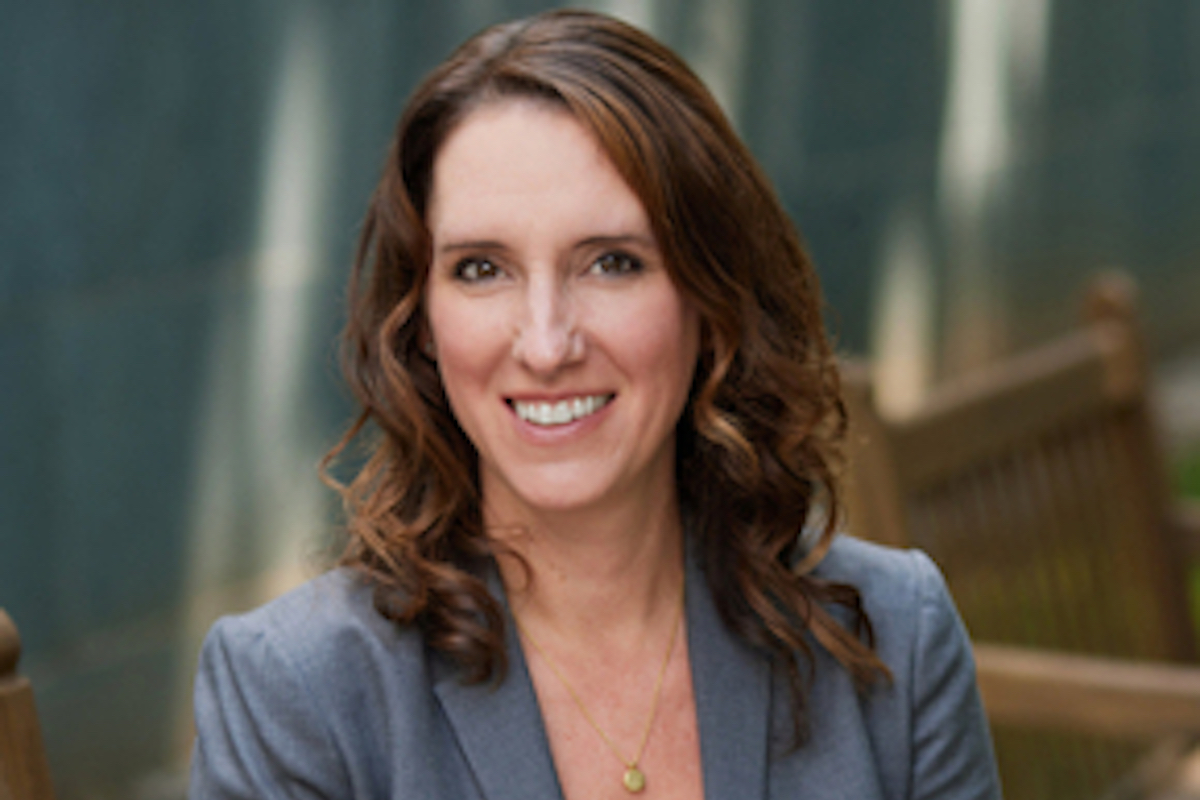
In June, the U.S. Supreme Court issued its much-anticipated decision in Haaland v. Brackeen, a case brought in separate actions by the state of Texas, a biological mother, and non-Native American adoptive and potential adoptive parents challenging the constitutionality of the Indian Child Welfare Act (ICWA).
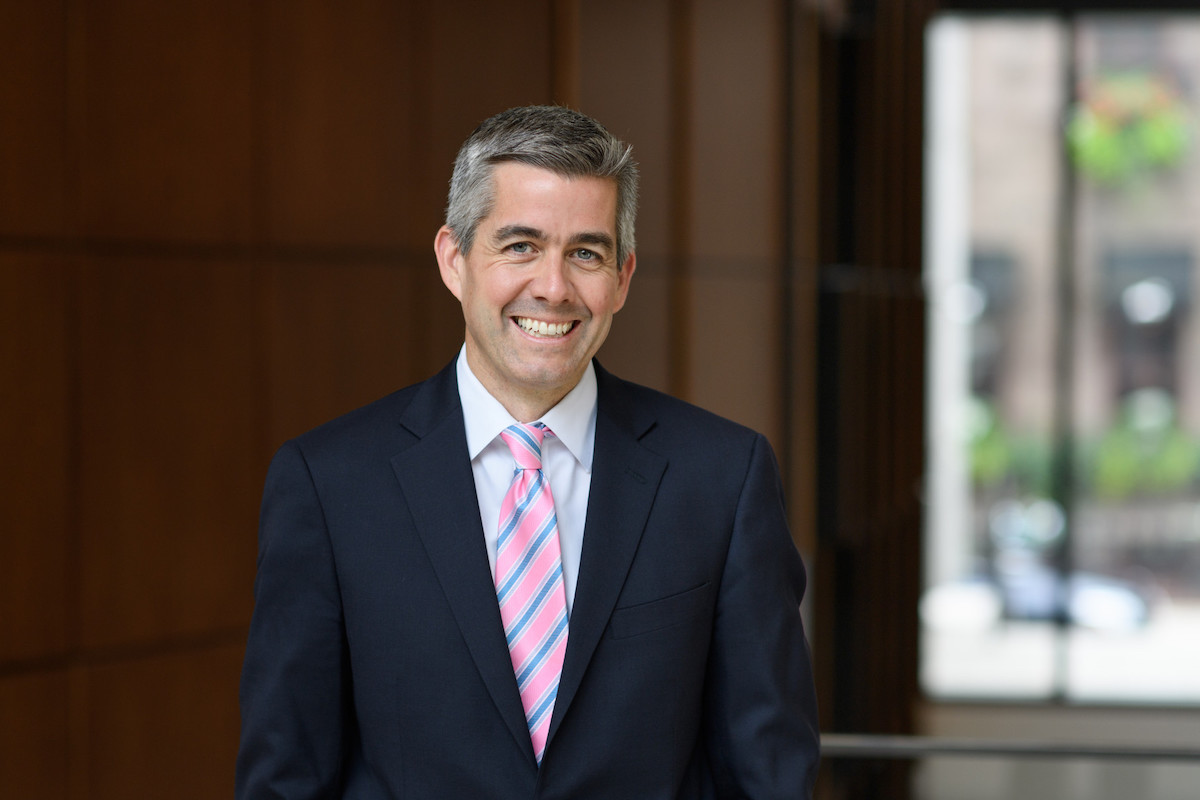
The Supreme Court just issued a significant environmental law ruling in Sackett v. EPA, ruling against the EPA’s authority to regulate certain wetlands under the Federal Clean Water Protection Act. The Court’s holding is a massive disappointment for environmentalists.
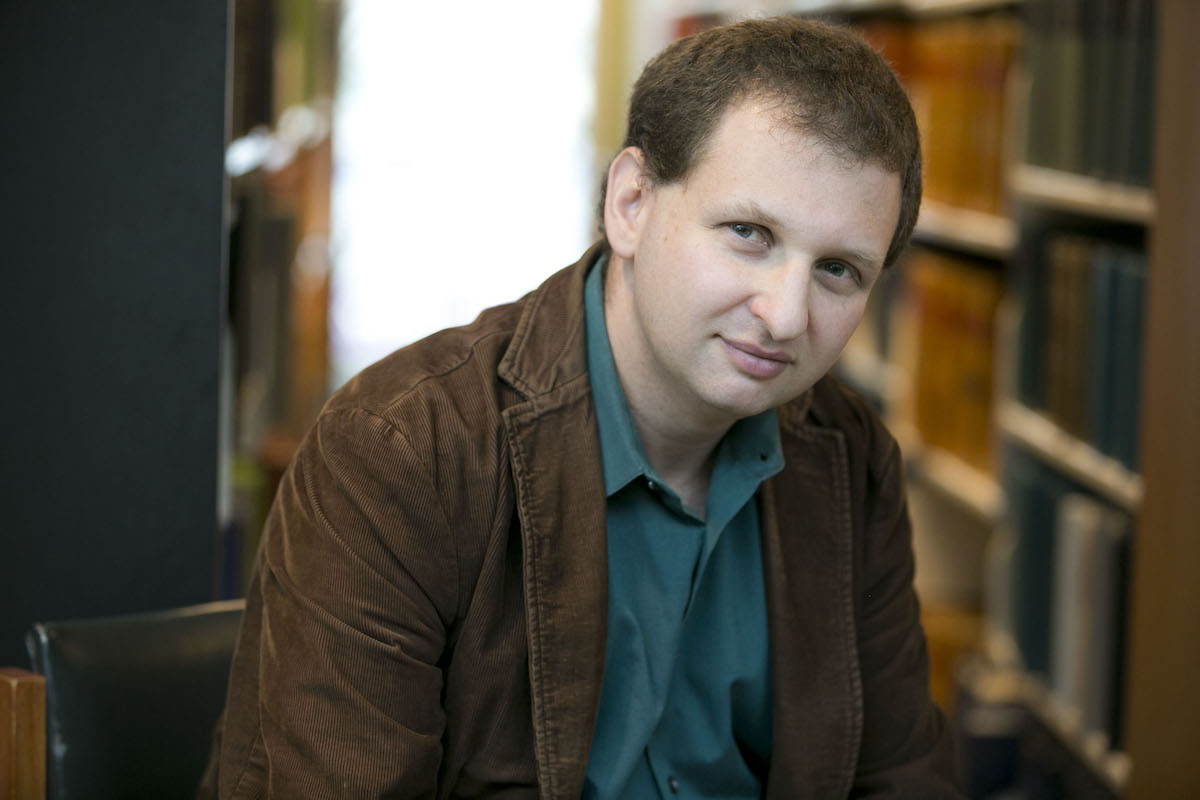
The Supreme Court has taken an enthusiastic role in enforcing free speech guarantees. In 303 Creative LLC v. Elenis, the Court made clear that customized website design is “pure speech,” and that free speech protections trump antidiscrimination law, even when the speaker is acting in the marketplace.
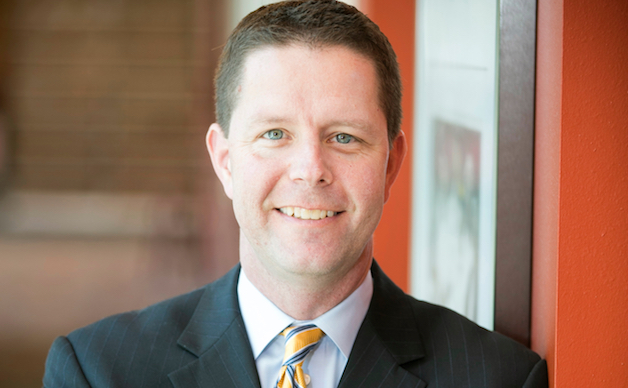
The courts have long applied a presumption against the extraterritorial reach of US law. While Congress can use domestic laws to regulate conduct outside of the United States, such regulation is not generally the norm.
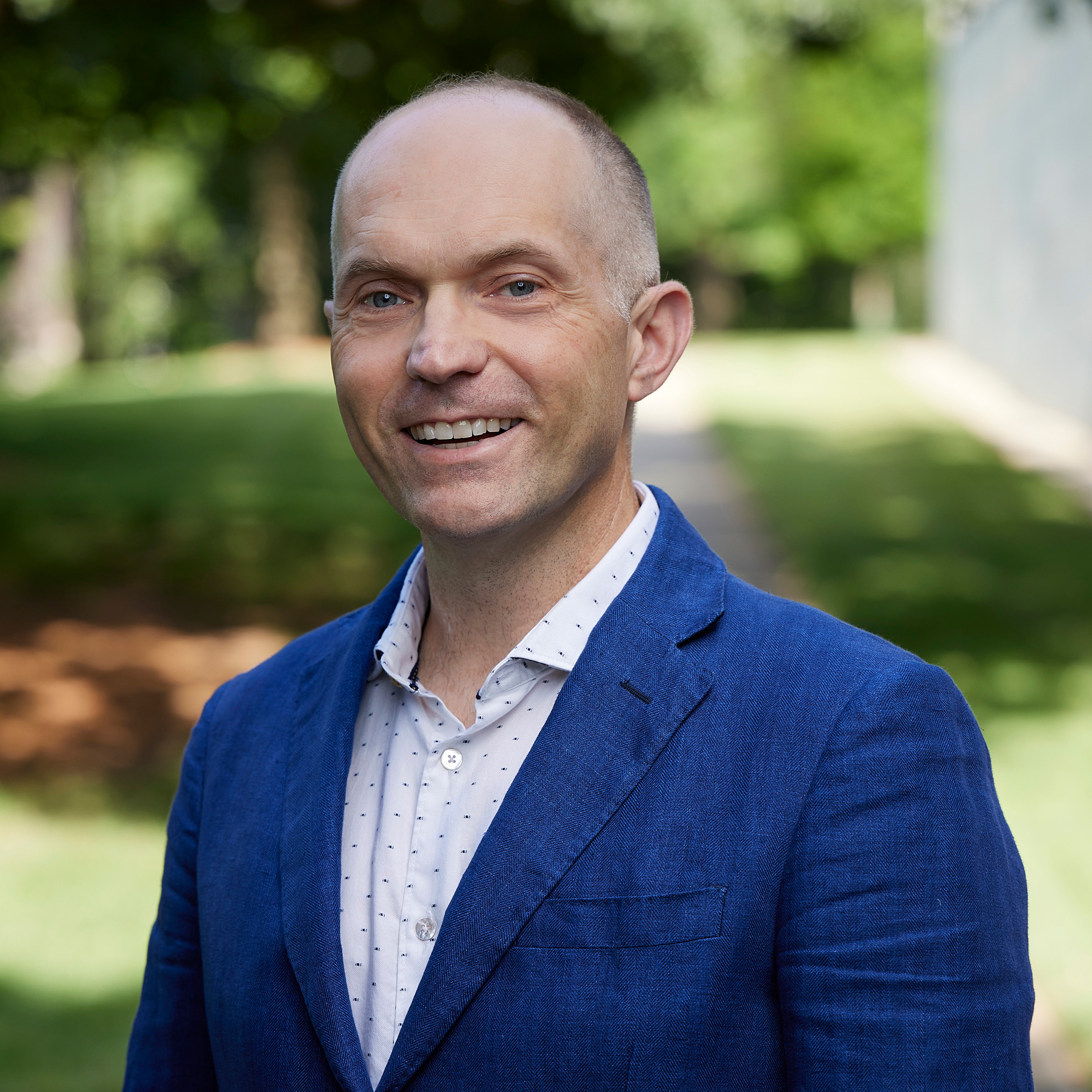
Earlier this month, Professor Matthew Sag joined an artist whose work has been seen by millions in Marvel blockbusters when both testified before a Senate subcommittee on how U.S. copyright law should address generative artificial intelligence. Other panelists included executives from music, AI, and creative software industries.
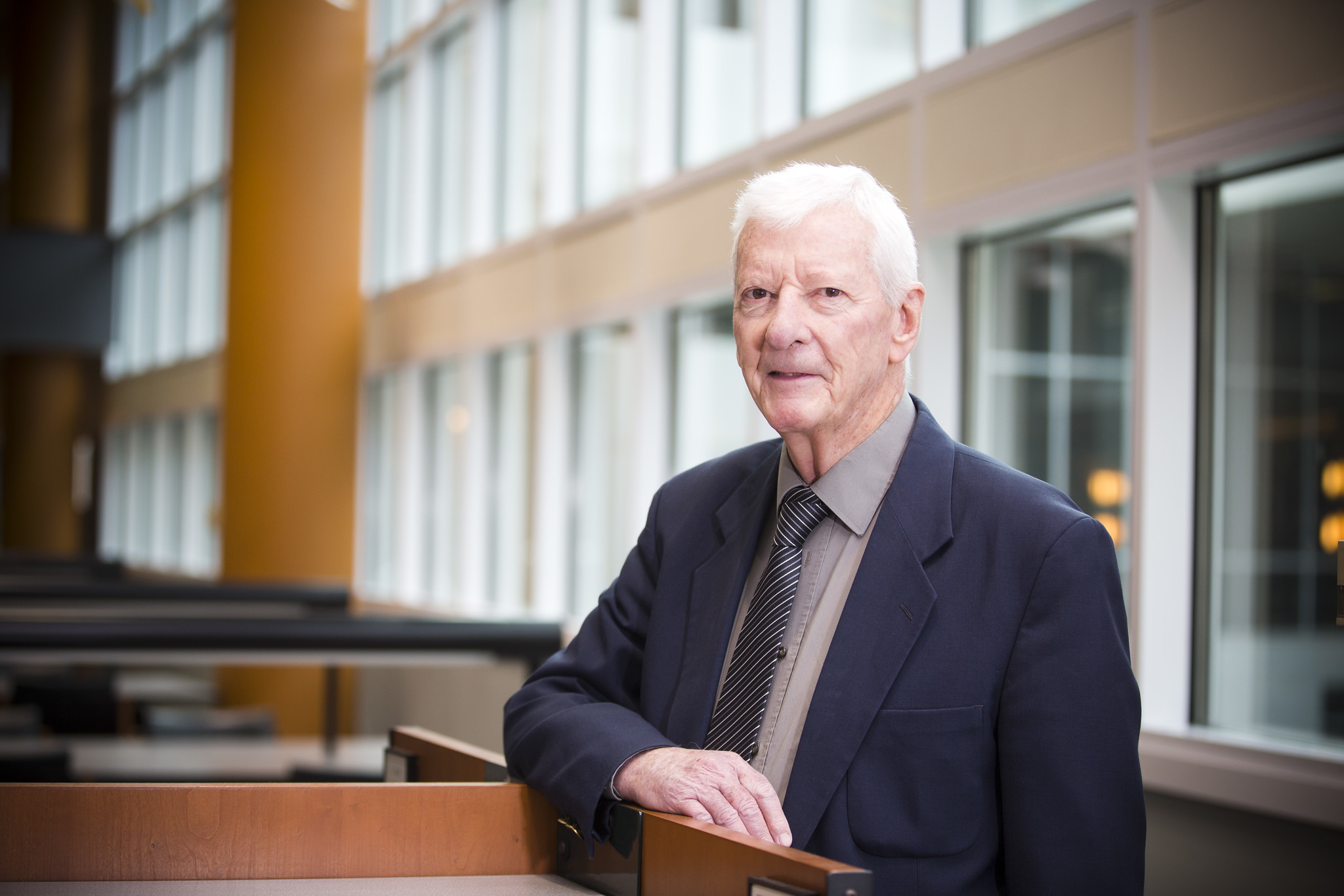
Johan David van der Vyver, legendary human rights scholar, anti-apartheid activist, and I.T. Cohen Professor of International Human Rights at Emory University School of Law, died on May 22, 2023, in Pretoria, South Africa.
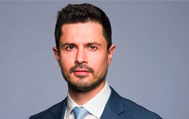
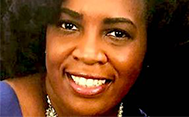
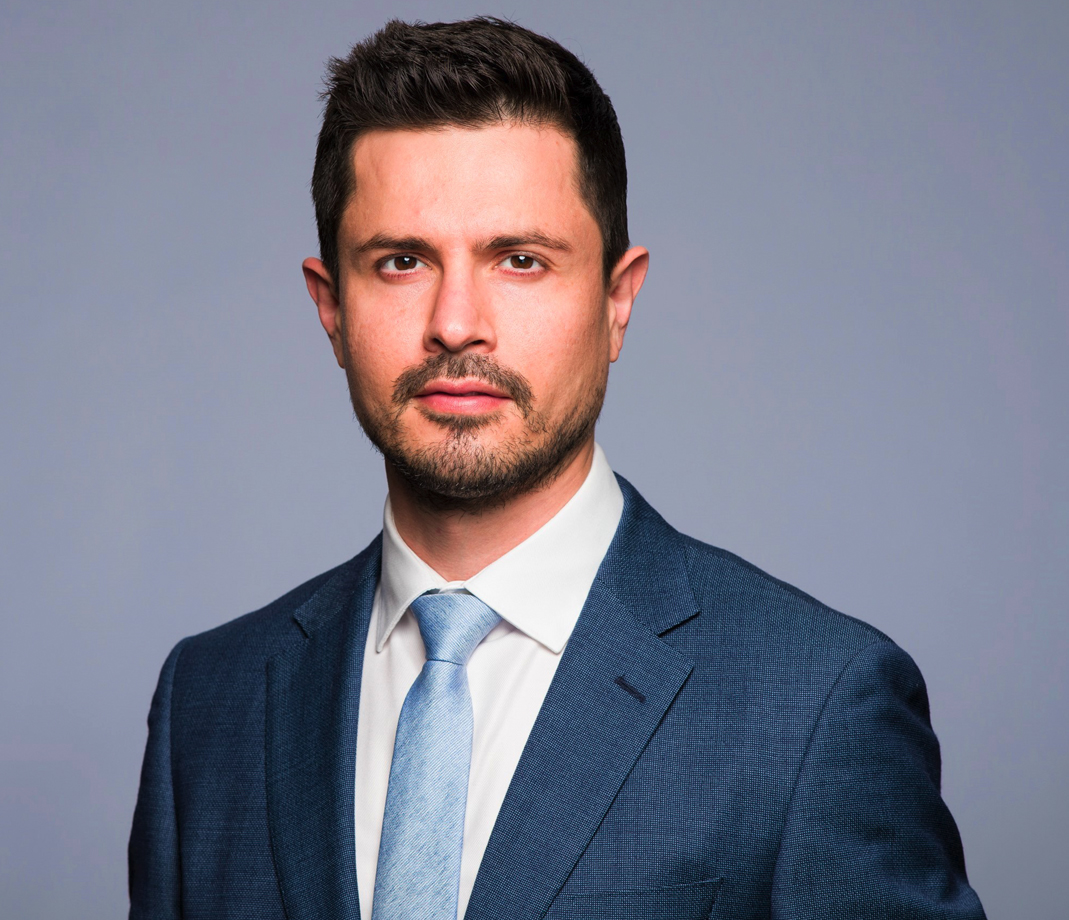
Emory Law Associate Professor George S. Georgiev is among a select group of researchers who recently received funding from the Ford Foundation, as part of a far-reaching project on how some of the biggest companies in the United States manage and compensate their employees.
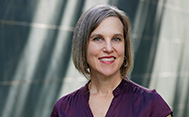
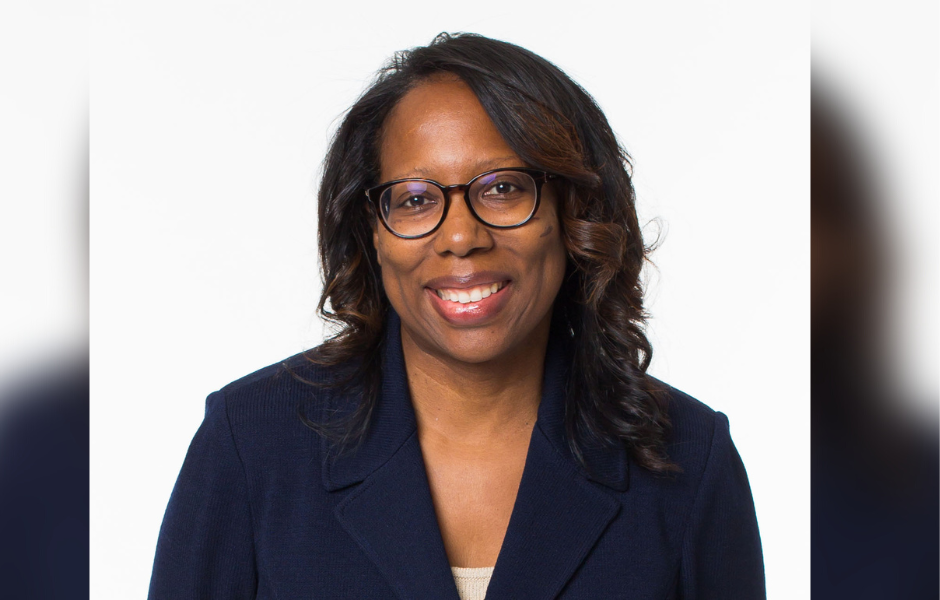
The UN Convention on Biological Diversity also recommended creating a multilateral benefit-sharing fund for digital sequence information (DSI) on genetic resources, something Asa Griggs Candler Professor of Law Margo A. Bagley advocates.
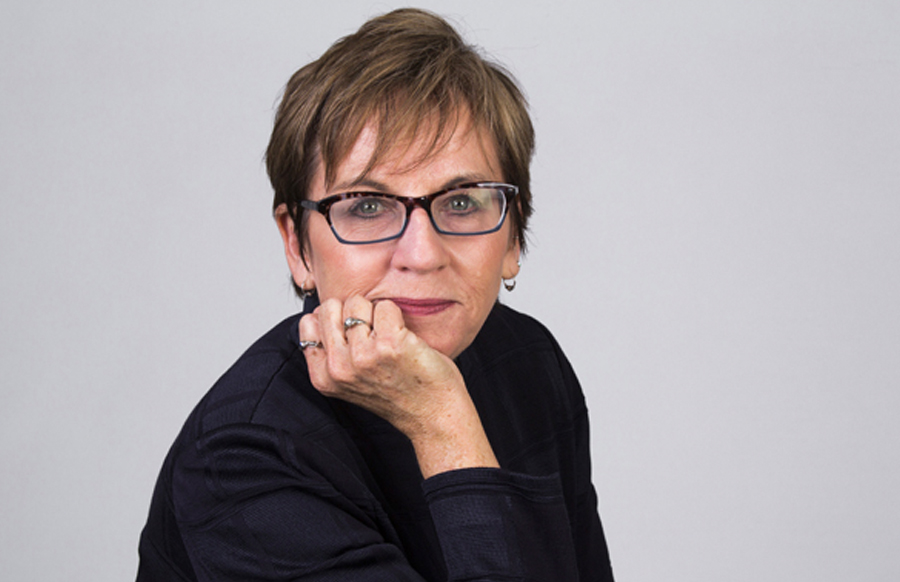
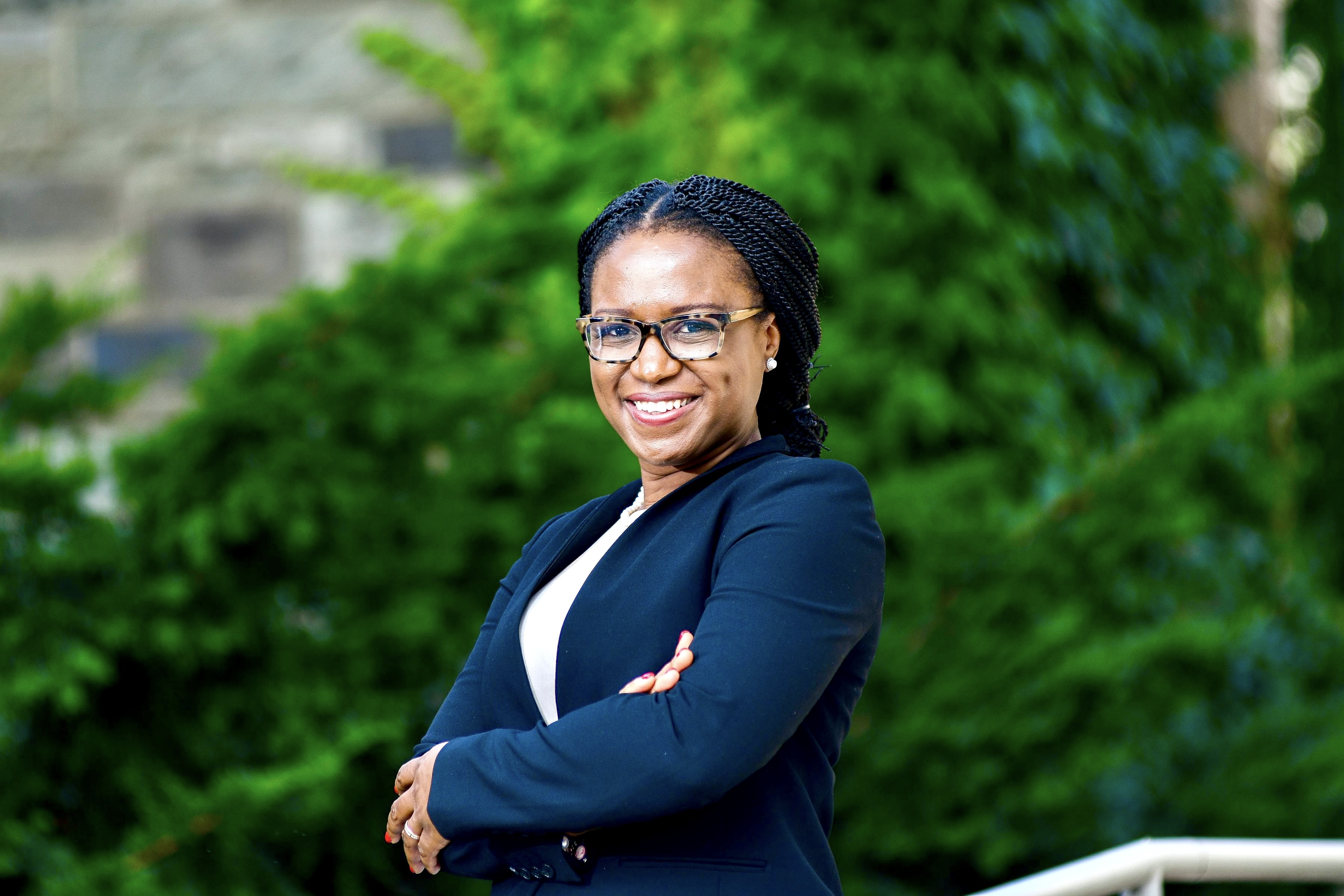
Ifeoma Ajunwa, JD, PhD, will join the Emory University School of Law faculty in the fall of 2023, strengthening the school’s offerings in AI and employment law.
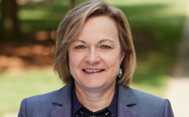
Asa Griggs Candler Professor of Law Polly Price, author of Plagues in the Nation: How Epidemics Shaped America, sheds light on how the US has handled major outbreaks throughout history—from smallpox to COVID-19—and how we can use these lessons to prepare for the next one.

Asa Griggs Candler Professor of Law Margo Bagley has been actively involved in negotiations for two proposed treaties that the World Intellectual Property Organization (WIPO) General Assemblies agreed to send to diplomatic conferences.
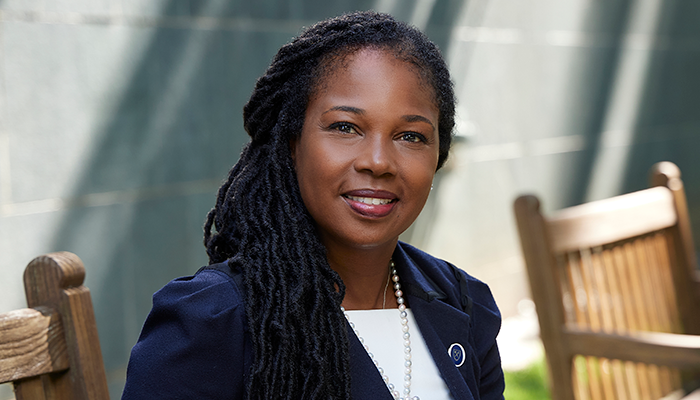
Professor Nicole Morris has agreed to serve as the inaugural director of the Innovation and Legal Tech Initiative (ILTI).

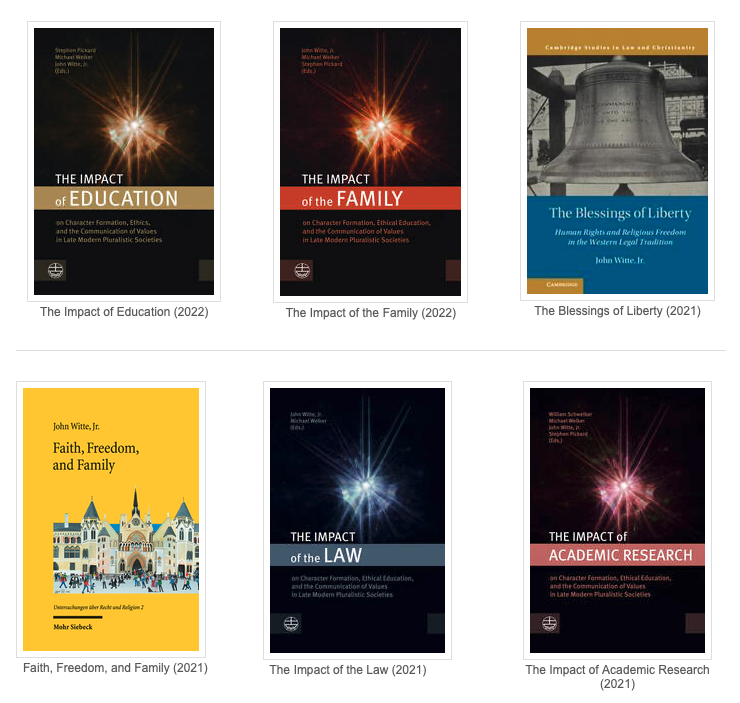
In these new volumes, Witte retrieves the major legal and theological teachings that have shaped these institutions and outlines ways to strengthen, reform, and integrate them anew.
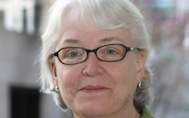
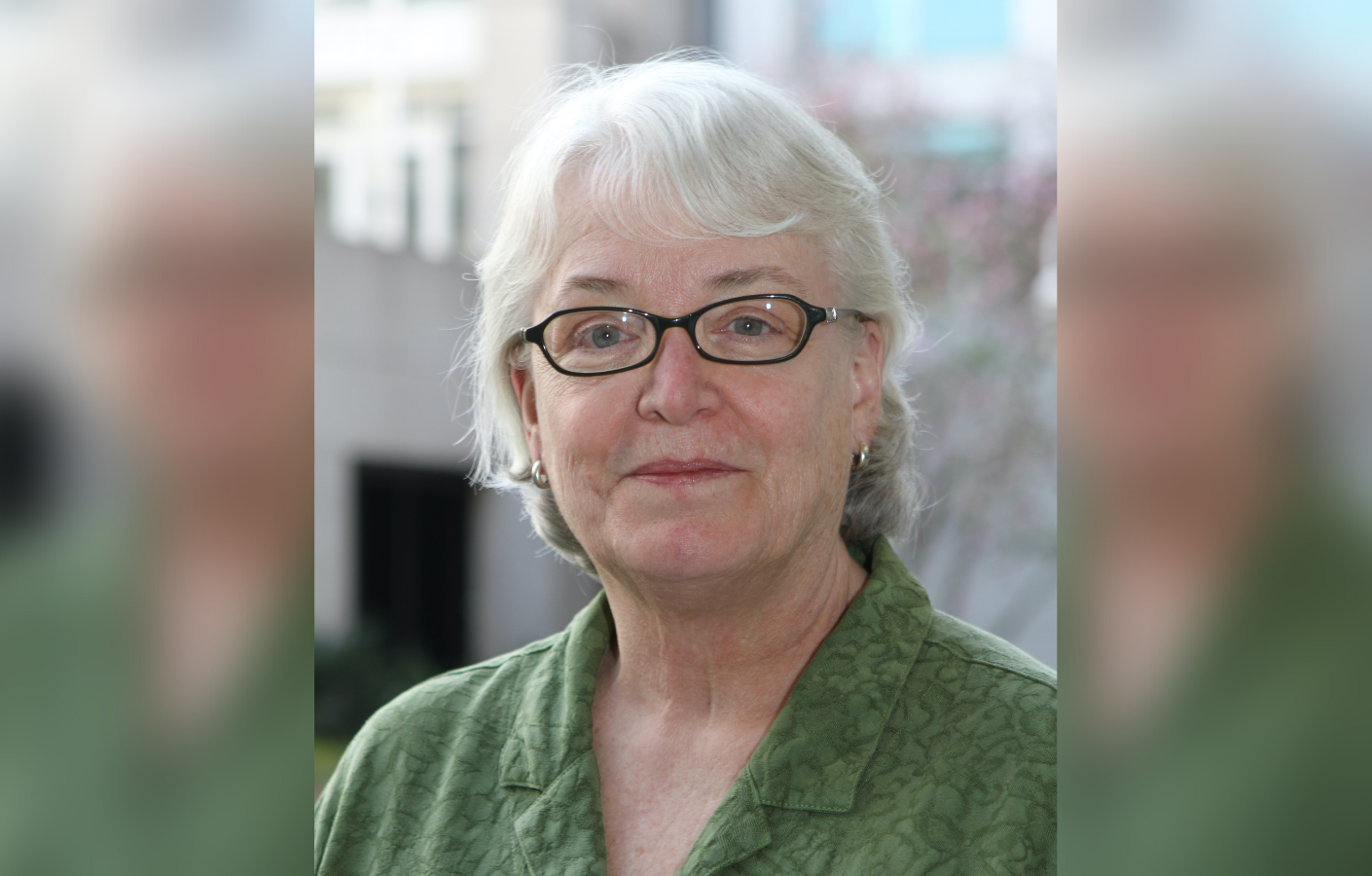
Martha Albertson Fineman, Robert W. Woodruff Professor of Law, is among four Emory professors recently elected to the American Academy of Arts and Sciences
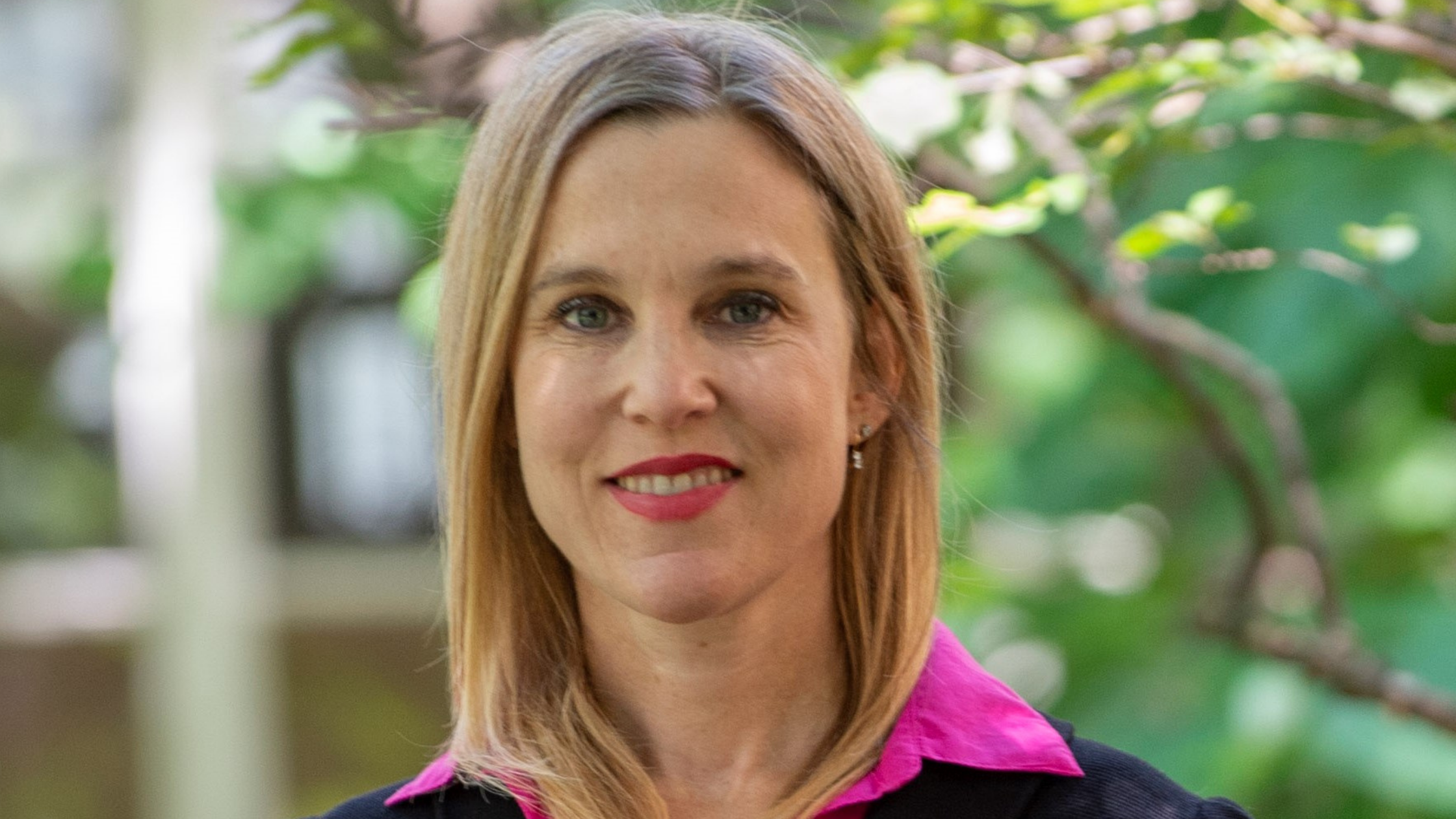
This fall, Emory Law will welcome Tonja Jacobi to the faculty as the Sam Nunn Chair in Ethics and Professionalism, upon university confirmation.
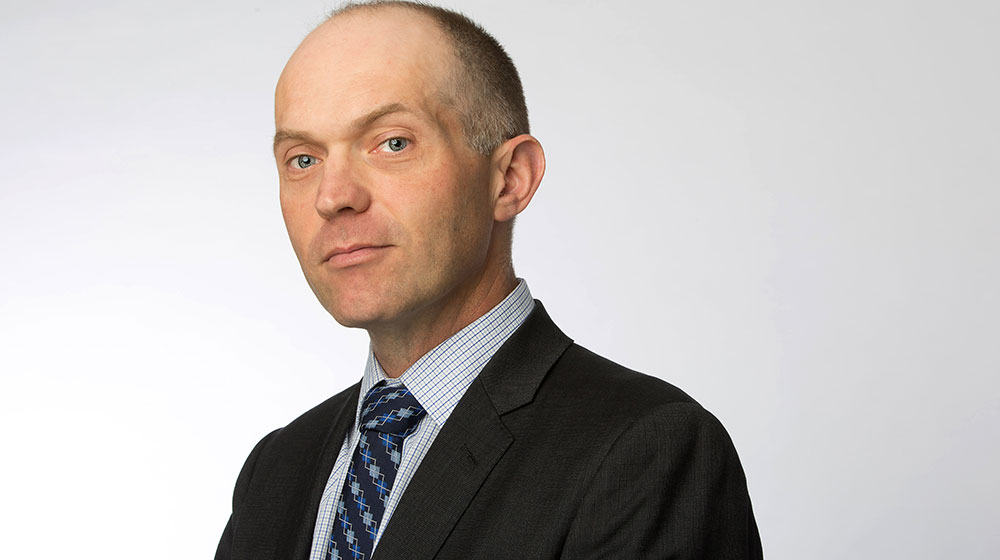
Upon university confirmation, Matthew Sag will join the faculty as Professor of Law in Artificial Intelligence, Machine Learning, and Data Science as part of Emory’s bold new AI.Humanity initiative.
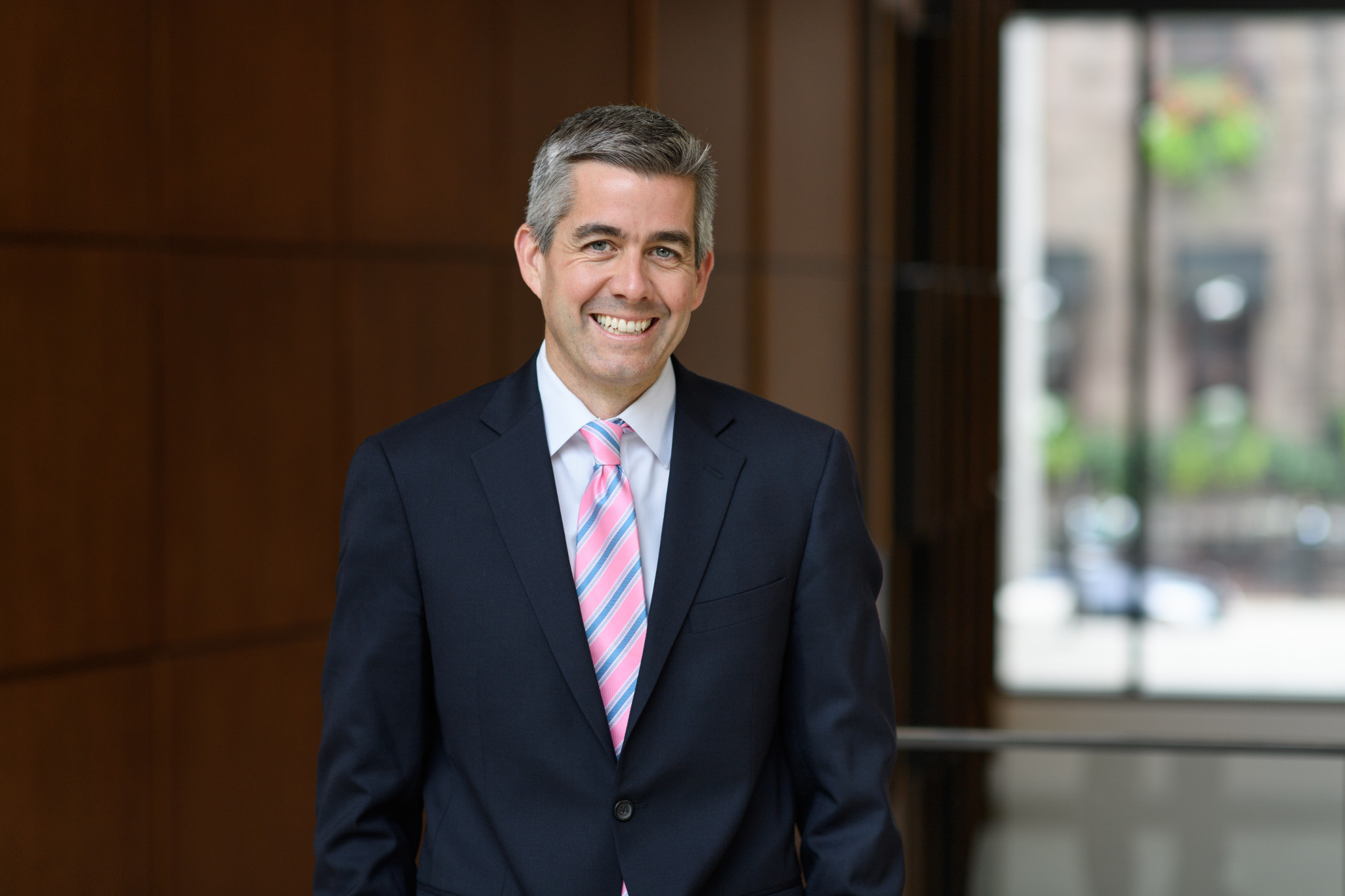
Professor Mark Nevitt will join the Emory University School of Law as associate professor of law, starting June 1.
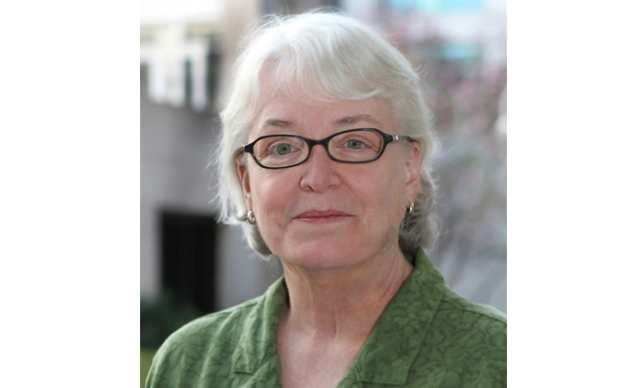
Latest Sisk ratings rank most-cited law faculty

Professor Nicole Morris, director of the TI:GER (Technological Innovation: Generating Economic Results) program, will serve as principal advisor for the inaugural HBCU IP Futures Collaborative, a program that will connect leading faculty at HBCUs to foster best practices for teaching IP to non-law students.
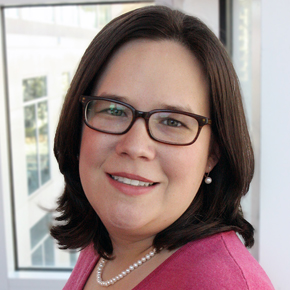
Rhani Lott Choi 10L was selected to direct a new student program for Academic Advising and Bar Success.
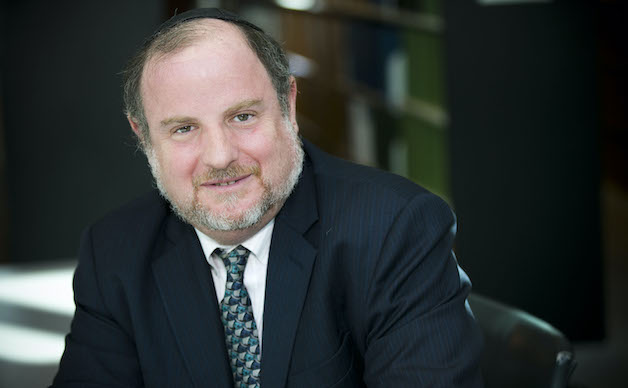
Three different times during the pandemic the United States Supreme Court stayed enforcement of limits on worship services. The last one was Tandon v. Newson, when the United States Supreme Court stayed the enforcement of yet another of California’s limits on worship services during the pandemic. In many ways, the Supreme Court’s decision was not surprising as it had done the same in a New York case nearly five months earlier and a different California case only two months prior.
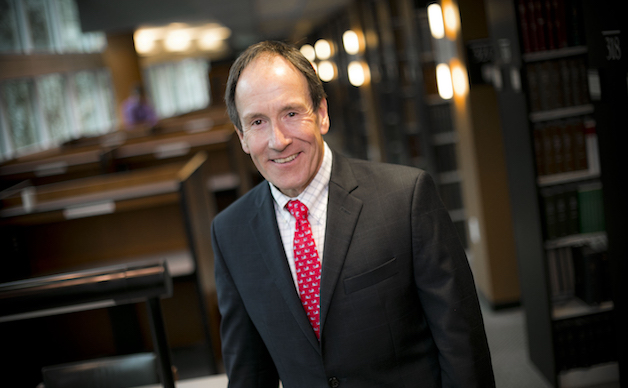
The class action is a procedural device that allows many claimants to aggregate their claims in a single case. It is an important tool for private enforcement of the law, particularly in cases involving “negative value” claims: claims so small that no one would assert them individually. Many consumer claims fall into this category. As Judge Posner famously said, “only a lunatic or a fanatic sues for $30.” Without the class action, such claims would not be asserted, which would thwart both the compensatory and deterrent goals of consumer protection laws.
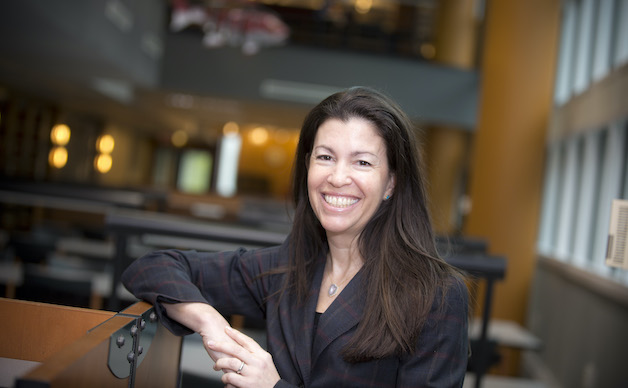
The Supreme Court has reiterated several times over the past sixty years that “students do not shed their constitutional rights to freedom of speech or expression at the schoolhouse gate.” In 1969, in Tinker v. Des Moines Independent Community School District, the court upheld the constitutional right of students to wear black armbands to school to protest the Vietnam War. Though it acknowledged that public school students’ speech rights were not as robust as they would be in the village square, the court articulated a relatively rigorous standard that requires school administrators to demonstrate a genuine prospect of a “substantial disruption” to the educational environment in order to restrict student speech.
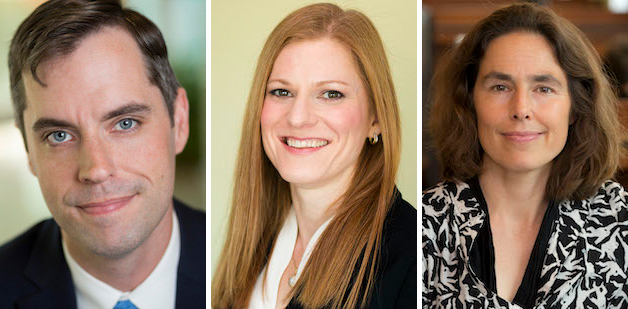
In June, the U.S. Supreme Court decided California v. Texas, the fifth Affordable Care Act (ACA) case to reach the court since the Act’s passage in 2010. California v. Texas asserted that the Tax Cuts and Jobs Act of 2017 rendered the ACA unconstitutional by amending it. The Supreme Court rejected the case on standing grounds.
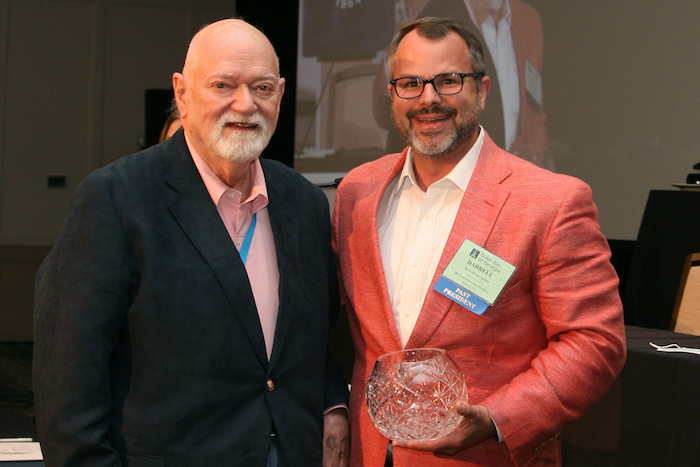
In June, the State Bar of Georgia recognized two Emory Law professors for professionalism, distinguished practice, and service to others. Associate Dean A. James Elliott 63C 66L received the 2020 Chief Justice Thomas O. Marshall Professionalism Award. Professor of Law Emeritus Charles A. Shanor was honored with the 2019 Marshall-Tuttle Award.
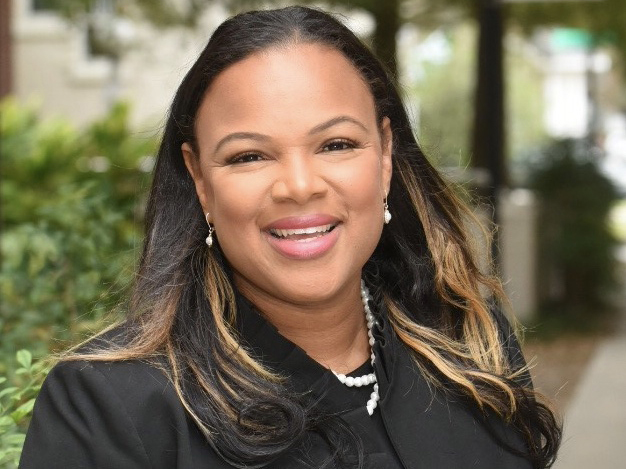
Representatives’ Committee on Financial Services at the Subcommittee on Consumer Protection and Financial Institutions entitled, “Banking Innovation or Regulatory Evasion? Exploring Modern Trends in Financial Institution Charters.”
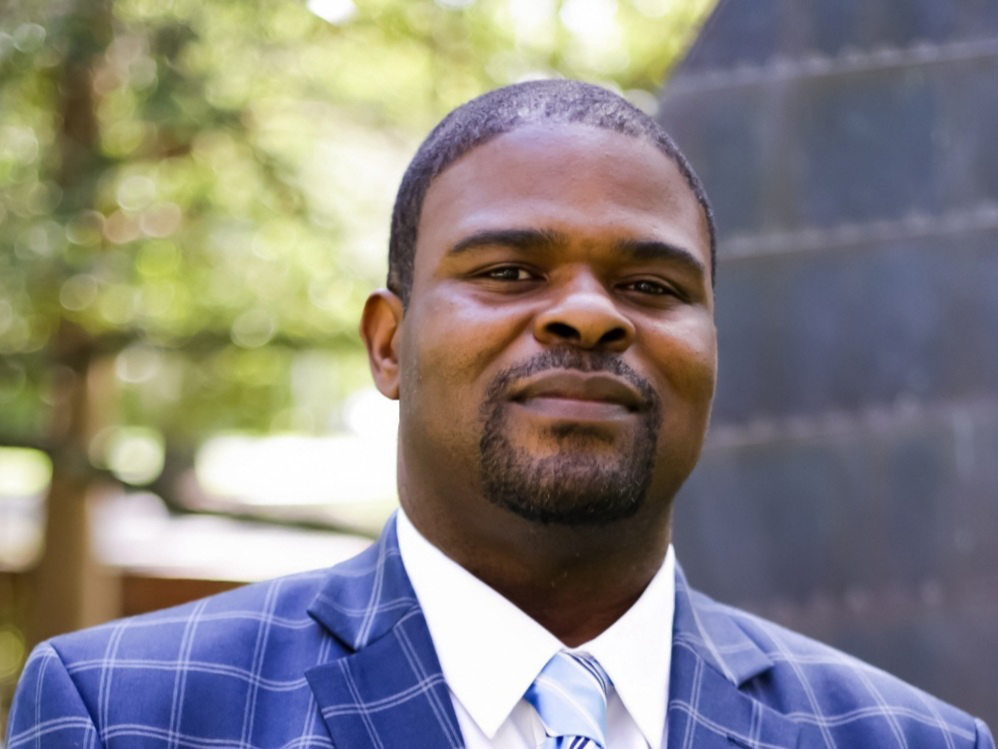
Acclaimed legal scholar and social justice advocate Darren Lenard Hutchinson has been named the Emory University School of Law inaugural John Lewis Chair for Civil Rights and Social Justice. He will join the faculty July 1, 2021.

The ultimate impact of Ford, then, is unclear. Despite unanimity on the result, the Court did not speak with one voice.

Mary Dudziak has been elected a lifetime member of the Council on Foreign Relations (CFR), an independent, nonpartisan membership organization, think tank, and publisher.
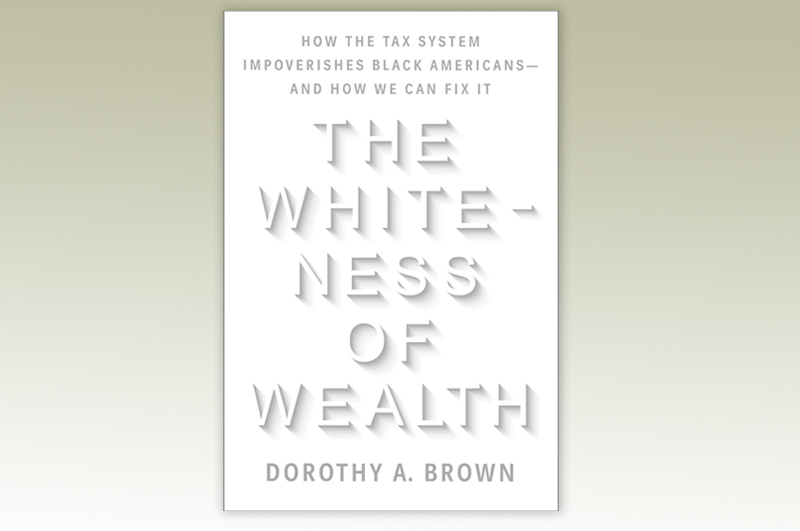
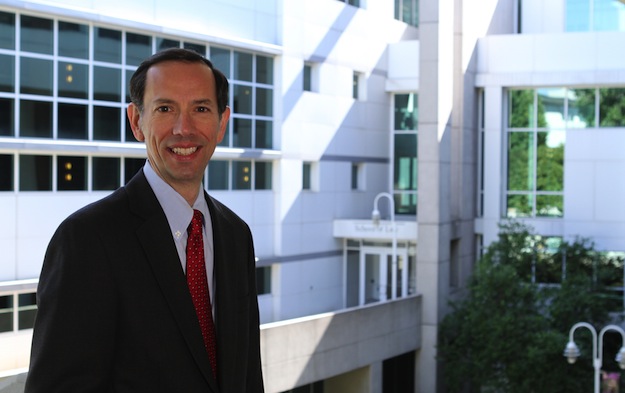
Emory Law professor and former dean, Robert Schapiro, has been named dean for the University of San Diego School of Law, a position he will assume beginning in the January 2021 semester.
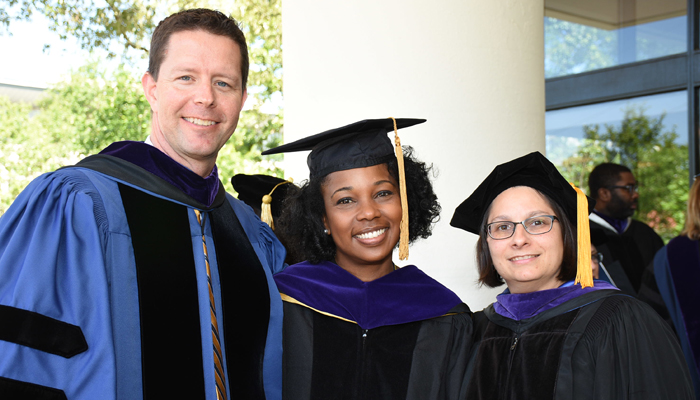
The Emory University School of Law is proud to announce the launch of a new digital repository to provide free, open access to Emory Law faculty scholarship and Emory Law journals, to showcase the scholarship of Emory Law centers, and to include other planned collections and multimedia content.

Emory University School of Law welcomes Kristin Johnson to the faculty beginning in January 2021. Johnson comes to Emory Law from Tulane University Law School where she is the McGlinchey Stafford Professor of Law, associate dean for faculty research, an affiliate of the Murphy Institute for Political Economy, and the Gordon Gamm Faculty Scholar.
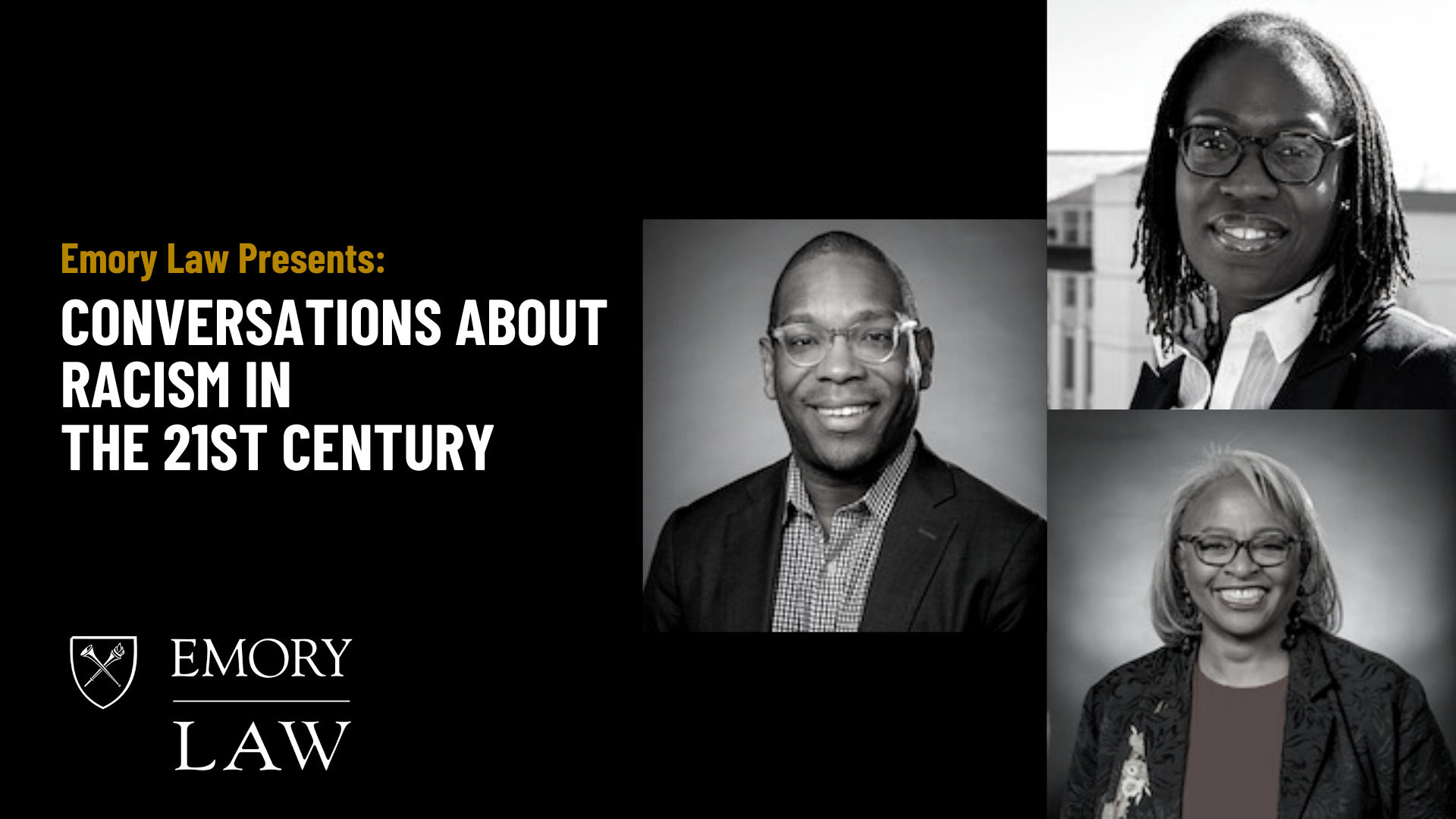
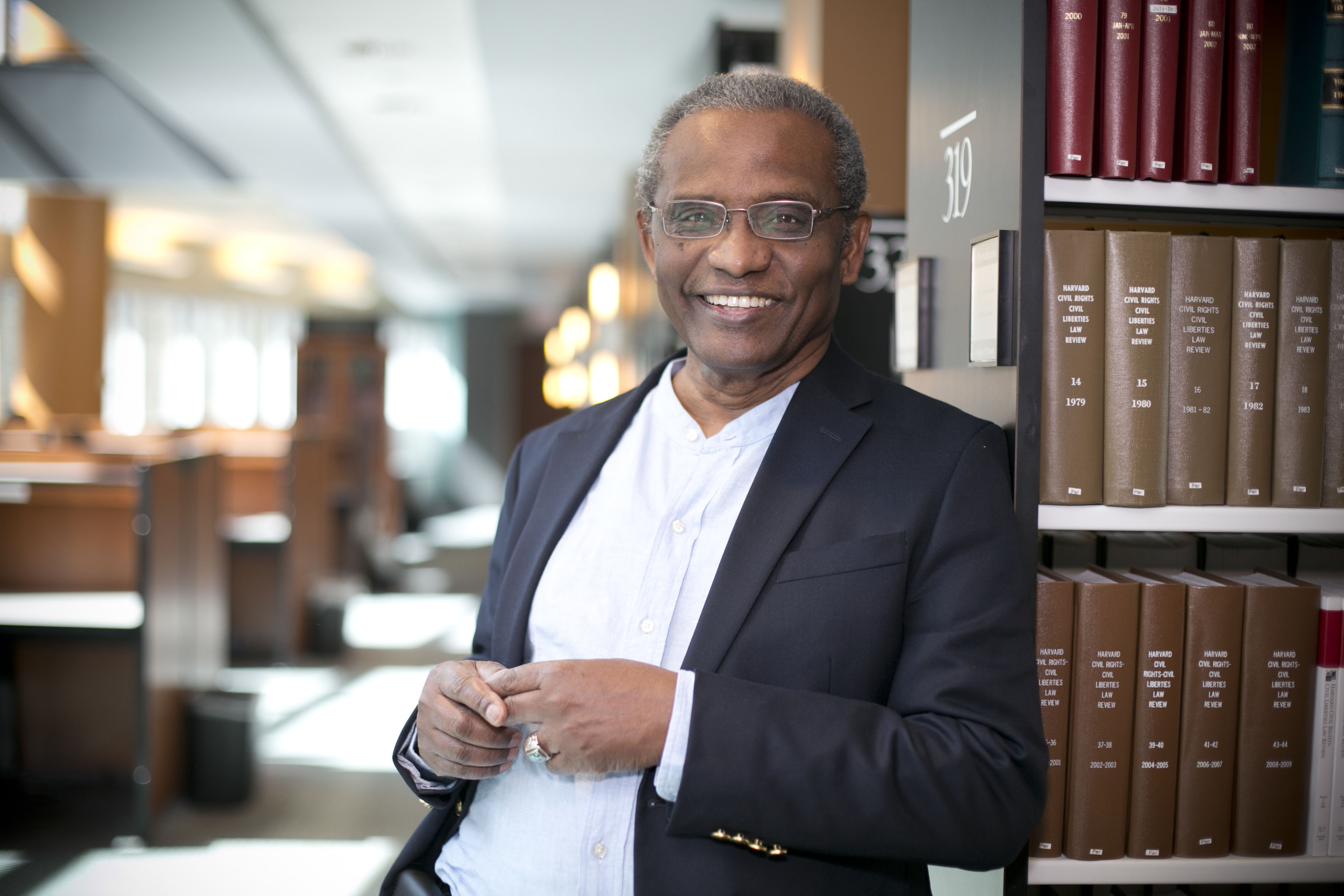
The Carnegie Corporation of New York has included Charles Howard Candler Professor of Law Abdullahi Ahmed An-Na’im among its annual list of Great Immigrants. The 2020 list honors 38 naturalized citizens who have enriched and strengthened our nation and democracy through their contributions and actions.
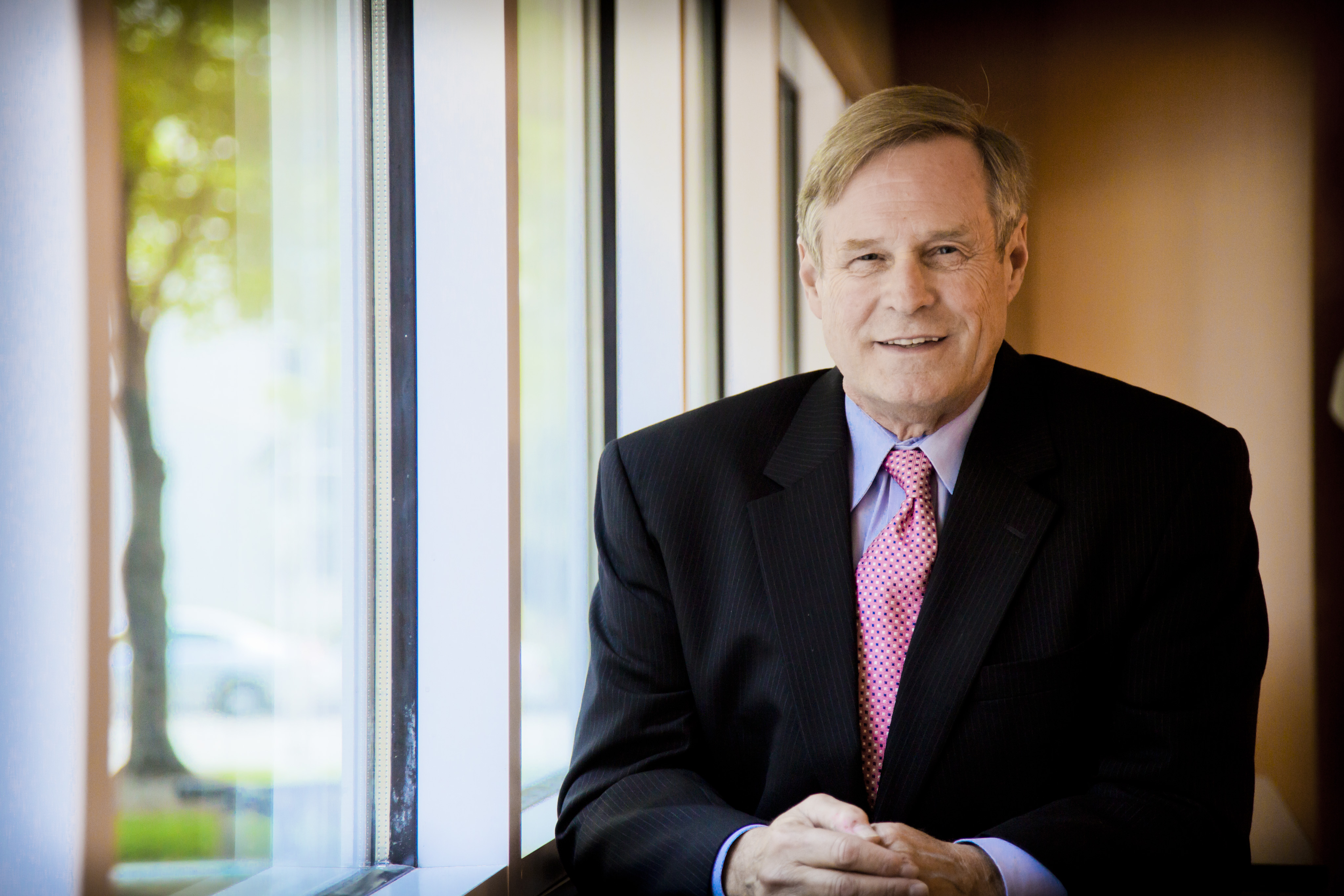
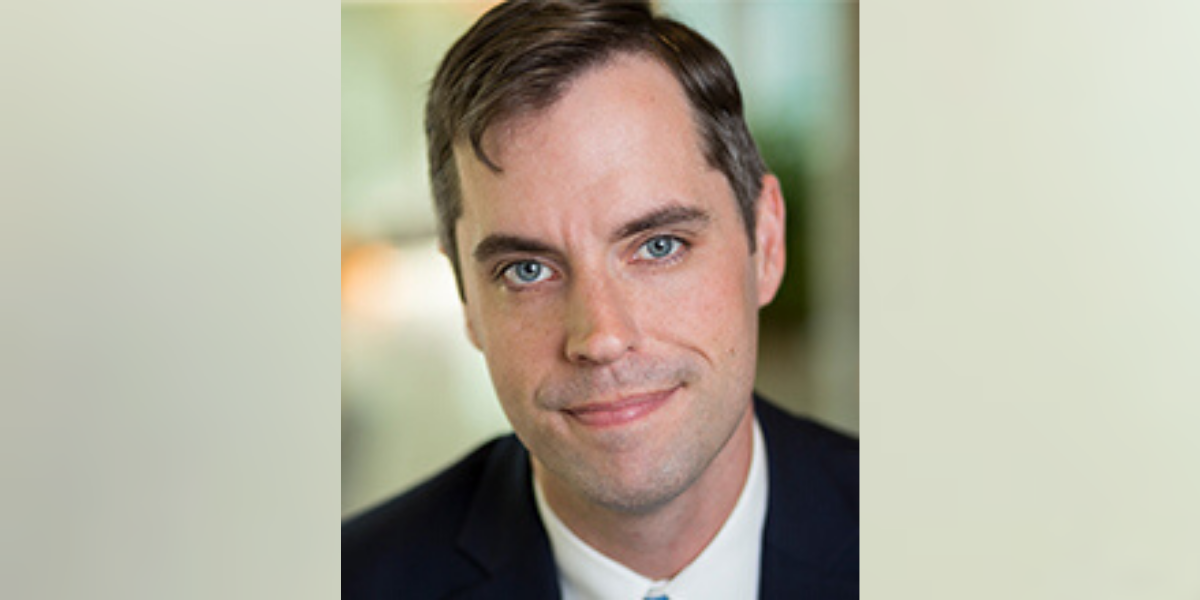
Accomplished health law scholar and teacher Matthew B. Lawrence will join Emory Law’s faculty as associate professor of law this fall.
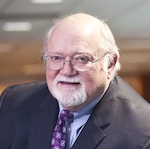
Elliott 66L will receive the 19th Annual Thomas O. Marshall Professionalism Award honoring an attorney and a judge who have and continue to demonstrate the highest professional conduct and paramount reputation for professionalism.
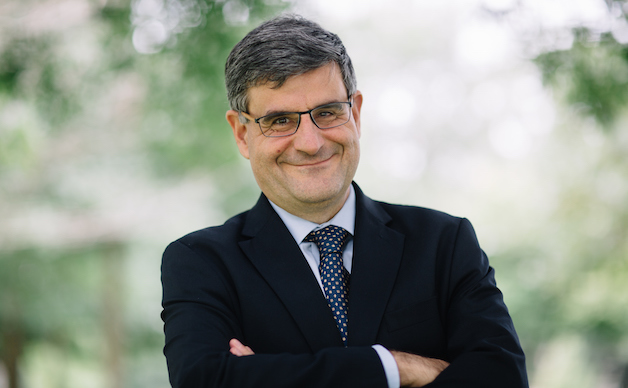
Spanish businessman and philanthropist Gonzalo Rodriguez-Fraile has pledged a substantial gift that will support the work of Emory’s Spruill Family Professor of Law and Religion Rafael Domingo.
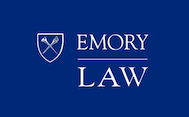
Justice Stevens's jurisprudence was rooted in a humanism that honored reason and individual dignity and a patriotism that understood the US as a vibrant, unified republic.
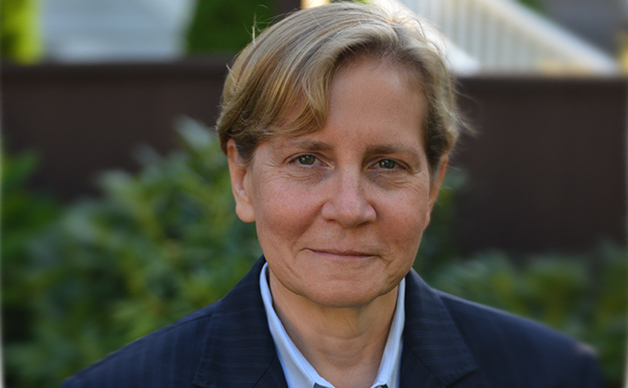
Emory has named Mary Anne Bobinski dean of Emory University School of Law. She will assume the post in August 2019, becoming the first woman to serve in the role since the school's founding in 1916.
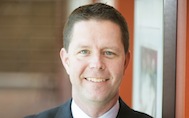
Super Bowl LIII will bring a lot of money to Atlanta-area business on its coattails. However, "The NFL has a history of smacking non-sponsor companies that it believes infringe on the lucrative trademark of its biggest show," says an Atlanta Journal-Constitution story. Non-affiliated companies who use Super Bowl images and label themselves "official," might be in trouble. Some use of the words "Super Bowl" are clear-cut violations, some depend on which company or organization is using them, said Asa Griggs Candler Professor of Law Tim Holbrook.
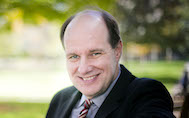
John Witte Jr. has been invited as a Gifford Lecturer for 2020, a celebratory year that marks the 200th anniversary of the birth of Scottish jurist Adam Lord Gifford, founder of the esteemed lecture series begun in 1888.

Emory Law faculty members will participate in the Poland-US Conference on the Rule of Law on June 26 in Warsaw.

Mindy Goldstein has co-authored the new Georgia Climate Research Roadmap and has been named one of inaugural Sustainability Faculty Fellows.
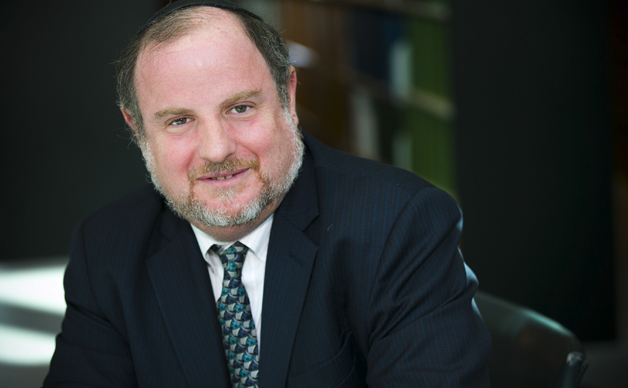
Michael Broyde, CSLR Fellow and Professor of Law at Emory, has won a Fulbright award to spend the 2018-2019 school year at Hebrew University in Israel, studying religious arbitration in diverse western democracies.
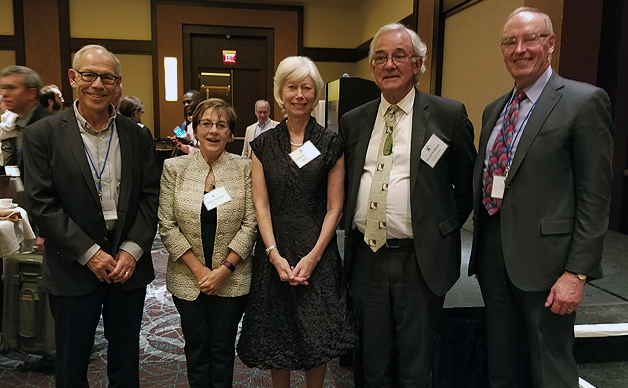

Fineman, other Emory Law faculty recognized for scholarly impact
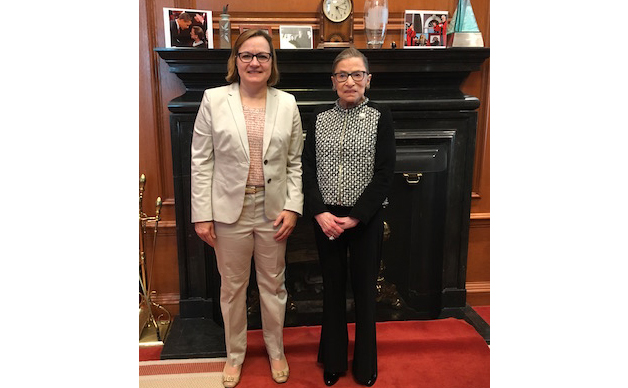
While the president, Congress and the U.S. Supreme Court continue to clash over immigration, Professor Polly Price, a legal historian and expert in immigration and citizenship, says 19th century case law is still a powerful influence. Price was invited to the U.S. Supreme Court to deliver the lecture, "The Supreme Court and the Chinese Exclusion Cases." The 2016 Leon Silverman Lecture, delivered May 11, was derived from Price's research on citizenship and immigration law, and given in the court's main courtroom.

Robert A. Schapiro, Dean and Asa Griggs Candler Professor of Law and Timothy R. Holbrook, Professor of Law comment on recent US Supreme Court moves.
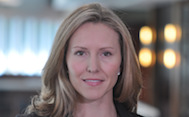
"So-called no-injury class actions, in which class members can't show a clear-cut harm, primarily line the pockets of plaintiffs lawyers," Corporate Counsel says, citing Emory Law Professor Joanna Shepherd's recent empirical study. "As you'd expect, plaintiffs lawyers and defense lawyers have very different reactions to the study's findings," the story continues. "Although 60 percent of the total award may be available to class members, in reality they typically receive less than 9 percent of the total," Shepherd says.
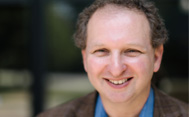
Today, the D.C. U.S. Circuit Court of Appeals reversed course in the Amtrak case, DOT v. Association of American Railroads. The court cites Associate Professor Alexander Volokh's Harvard Journal of Law & Public Policy article, "The New Private-Regulation Skepticism: Due Process, Non-Delegation, and Antitrust Challenges." It resolves the case "pretty much exactly how I argued it should be resolved, both relying mostly on Due Process," Volokh writes for the Volokh Conspiracy.

Martha Fineman, Robert W. Woodruff Professor of Law at Emory University School of Law recently joined the Smith College community as the
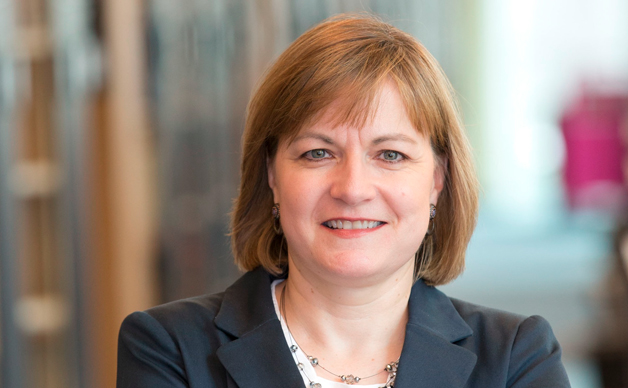
Professor Polly J. Price will give a lecture at the US Supreme Court on May 11.
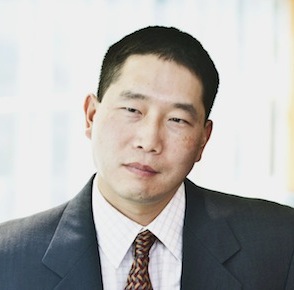
Emory Law has named Michael S. Kang the second recipient of the David J. Bederman Research Professorship. The professorship is awarded annually to recognize the outstanding contributions of a faculty member and offers a research leave to support continuing outstanding scholarly work.
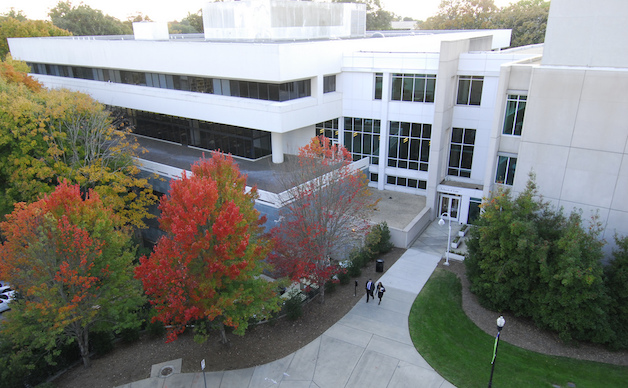
Emory Law closed its fiscal year on August 31, breaking all previous fundraising year-end totals. The school raised more than $7 million including three seven-figure gifts.

In a larger article in The New Republic regarding the "unwinding" of the New Deal, the author refers to The Volokh Conspiracy, "the most prominent academic legal blog in the country and now publishe[d] under the auspices of The Washington Post" as "the hub for libertarian ideas."
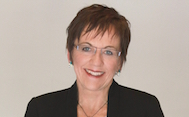
Mary L. Dudziak, Asa Griggs Candler Professor of Law and Director of the Project on War and Security in Law, Culture and Society will hold the Kluge Chair in American Law and Governance at the Library of Congress this fall.
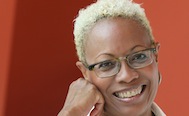
Jeb Bush's tax returns show that like most of us, he's penalized by the disparity between tax rates on income and capital gains that favor the truly wealthy.
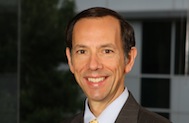
"Judicial confirmation battles matter. Sometimes they matter a lot. That was the message of today's historic decision finding a constitutional right to same-sex marriage," writes Emory Law Dean Robert Schapiro for The Conversation's expert wrap-up on the Supreme Court decision in favor of same-sex marriage.

Today's outcome in Obergefell v Hodges, which rules that bans on same-sex marriages are unconstitutional, was expected by many. What wasn't clear, says Tim Holbrook for The Conversation, was the reasoning the court would use.

As in the movie "Rashomon," multiple perspectives tell varied and conflicting stories about the McKinney, Texas pool party incident between a police officer and a 14-year-old girl. According to Emory Law professor Dorothy Brown, race had everything to do with the way the confrontation.

The Emory Law Journal's latest issue assesses the future of marriage law in the specific context of whether polygamy is constitutionally protected.

John Witte, Jr. will spend the fall 2015 semester at the Library of Congress to research his new book series.

As the only state to host a Supreme Court race coming up--an unprecedented contest for three of the seven seats--Pennsylvania now gets the spotlight. Once the summer lull ends, experts say, tens of millions of dollars are likely to flow into the state and onto its airwaves to promote, or attack, the candidates. Court advocates say that money damages the public trust in justice, but studies suggest that it goes beyond perception, said Professor Joanna Shepherd. In a look at contributions and voting records nationwide from 2010 to 2012, she found that the more money business interests spent on a judge's campaign, the more likely the judge's vote would favor a business litigant.
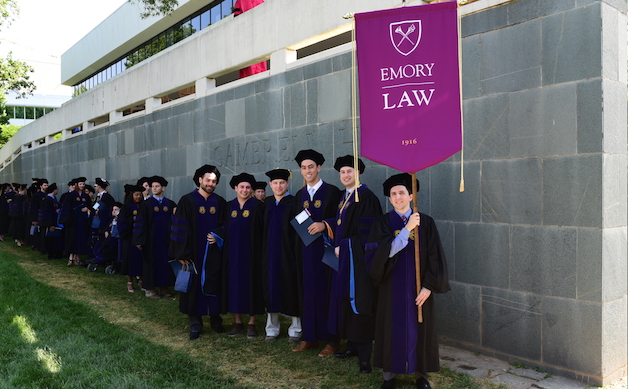
Three hundred ninety-one students received diplomas in Emory Law's diploma ceremony today.

In a decision viewed as a limited victory for campaign finance reform, U.S. Supreme Court Justice Ruth Bader Ginsburg cited Emory Law Professors Joanna Shepherd and Michael Kang's 2014 study "Skewed Justice," in joining a 5-4 majority decision that found in states where judges are elected, their role in soliciting financial contributions should be limited. (See page 31.)
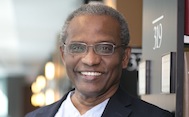
What is the greatest threat to society and religion? Writer Nicholas Chen cites Professor Abdullahi An'Nai'm's book, Islam and the Secular State: Negotiating the Future of Shari'a, in asserting that separation of state and religion "not only preserves the wellbeing of the society, but also the integrity of the religion."

In an op-ed for CNN, Emory University Law professor Timothy Holbrook counters the view that the opponents of same-sex marriage feel they are being "bullied" into silence.

Emory Law professor Dorothy A. Brown writes about how Ben Affleck and Henry Louis Gates missed an opportunity to discuss racial issues when they decided not to air a segment of the TV documentary, "Finding Your Roots," which uncovered that one of Affleck's ancestors was a slave owner.
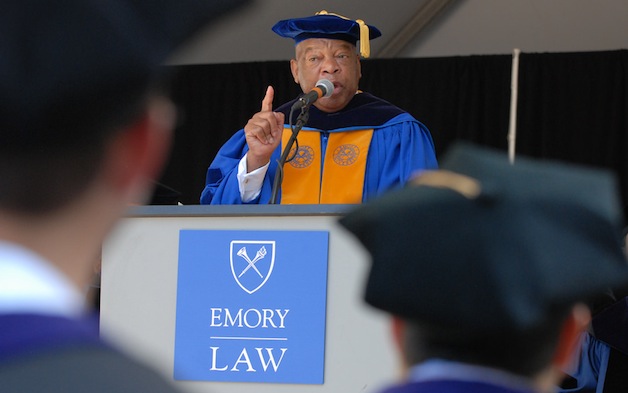
Emory Law received a $1.5 million donation to help establish a John Lewis Chair in Civil Rights and Social Justice.

Emory University School of Law authors played a significant role in the second edition of the International Encyclopedia of the Social and Behavioral Sciences, which was officially published by Elsevier on April 2.

Professor Abdullahi Ahmed An-Na'im, Charles Howard Candler Professor of Law, recently launched a new scholarly website/blog
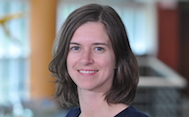
In a Feb. 13 speech at the 37th Annual Conference on Securities Regulation and Business Law, SEC Commissioner Daniel Gallagher cited Emory Law Associate Professor Urska Velikonja's research on disqualification waivers. He said Velikonja's paper, "Waiving Disqualification: When Do Securities Law Violators Receive a Reprieve?" will be "very important for this debate."

The public outcry of two U.S. Securities and Exchange Commission members over a decision to give Oppenheimer & Co. a pass on being deemed a "bad actor" after it admitted to breaking securities laws has again stirred the debate over whether the agency needs to get tougher on recidivist firms. In its letter seeking relief, Oppenheimer laid out a detailed analysis of why there exists good cause for the firm to not be barred from Rule 506 offerings. "That is a direct consequence of [the SEC's two Democratic commissioners, Luis Aguilar and Kara Stein] being a little bit difficult when it come to waivers," said Emory Law Assistant Professor Urska Velikonja.
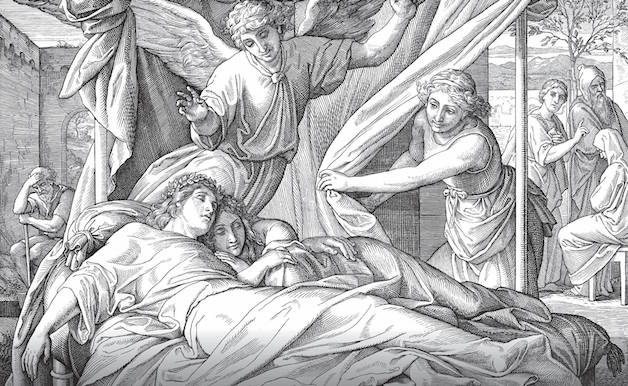
The Center for the Study of Law and Religion at Emory University is launching a new book series on law and Christianity.
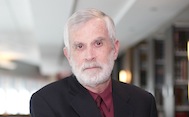
Michael Perry, an Emory Law professor and constitutional expert, says that same-sex marriage will be legal nationwide this year.
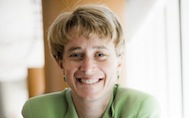
Torture is illegal during wartime, peacetime, counterterrorism operations and any other circumstances.

A report by Emory Law Professors Joanna Shepherd and Michael Kang, "Skewed Justice," was released on Oct. 21. It found that as the number of TV ads about state supreme court races goes up--ads that often target justices as "soft on crime"--justices are less likely to vote in favor of criminal defendants.

In its coverage of recent DeKalb County corruption cases, public radio station WABE-FM consulted legal experts on the ramifications of witness credibility issues. "It's always easy to Monday morning quarterback," said Emory University School of Law professor Kay Levine. "When it falls apart it's very easy to look back and say, 'you should have thought this through more.'"
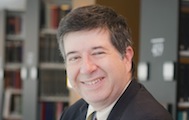
Emory Law has announced the establishment of the David J. Bederman Research Professorship and its first recipient, Jonathan Nash.
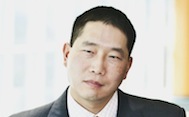
From the Washington Post: A new study by Emory Law Professors Joanna Shepherd and Michael Kang finds that the more ads aired during state supreme court campaigns, the more likely justices are to rule against criminal defendants--potentially from fear of appearing "soft on crime."

The New York Times featured Professors Joanna Shepherd and Michael Kang's just-released study, "Skewed Justice." The study had two major findings: (1) The more TV ads aired during state supreme court judicial elections in a state, the less likely justices are to vote in favor of criminal defendants, and (2), justices in states whose bans on corporate and union spending on elections were struck down by Citizens United were less likely to vote in favor of criminal defendants than they were before the decision.

Emory experts provided insights into the legal ramifications of potential medical emergencies